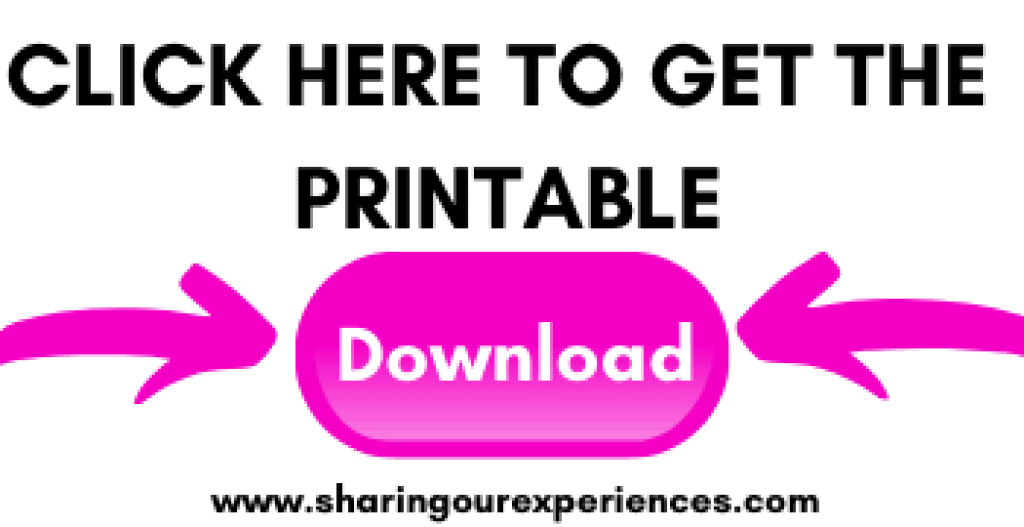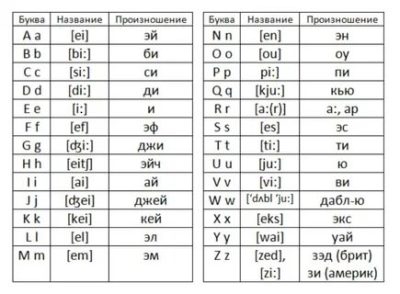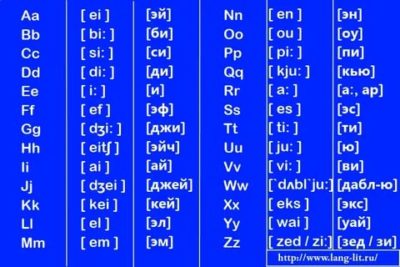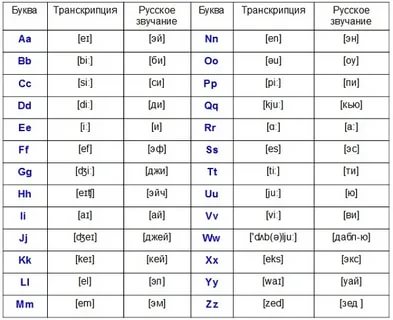Phase 2: Introducing simple graphemes for phonemes
Sets 1, 2: s, a, t, p, i, n, m, d
- letters ‘s’ ‘a’ ‘t’ ‘p’
- pat sat at as
- ‘i’
- sit pip is it tip
- ‘n’
- nip pin in nap pan an tin
- ‘m’
- mat man am map
- ‘d’
- dim din dip did dad sad
Set 3: g,o,c,k
- ‘g’
- pig dig gap gas
- ‘o’
- got dog on pot pop not top
- ‘c’
- cot cat can cap cod
- ‘k’
- kid kit
Set 4: ck,e,u,r
- ‘ck’ ending
- back kick pack pick sack sick tick
- ‘e’
- ten pet pen peg den get neck
- ‘u’ (South England)
- mug cut cup duck nut mum mud sun up
- ‘r’
- red ran rat ram run rip rug
Set 5: h, b, f, ff, l, ll, ss
- ‘h’
- hit hug hot him hid his hen hat has had
- ‘b’
- back bad bag bed bin big bit bud but bus bun
- digraph ‘ff’ at end of word
- off puff cuff huff
- ‘l’
- lap let luck lot log lock lip leg lid
- ‘ll’ at end of word
- hill bell fill fell doll tell ill well
- ‘ss’ at end of word
- fuss boss hiss kiss less loss mess miss
- ‘f’
- if fun fog fan of fat fed
- compound words
- padlock catnap fusspot backpack cannot sunset
- 2 syllables
- sunset begun rabbit thunder pocket carrot
Phase 3: The remaining phonemes, with graphemes
Set 6: j, v, w, x
- ‘j’
- jog jet job jam jug
- ‘v’
- visit vivid van vet
- ‘w’
- cobweb win will wag web
- ‘x’
- exit six fox box wax mix fix
Set 7: y, z, zz, qu
- ‘y’
- yell yet yap yes
- ‘z’ & ‘zz’
- zip buzz zigzag fizz
- ‘qu’
- liquid quiz quit quick quack
Consonant digraphs ch, sh ,th , ng
- ‘ch’
- rich much chat check chin such chip chop
- ‘sh’
- shock wish shall cash fish ship shop shell
- ‘th’ as in then
- with this that them then
- ‘ng’
- song wing sing ring rang long king bang along
- ‘th’ as in thin
- thick thin thud moth
Vowel digraphs ai, ee etc.
- ‘ai’
- paid tail sail main wait aim nail rain
- ‘ee’
- need been feel feet teeth seen meet week see
- ‘oa’
- soap foam boat coat loaf road load coach
- ‘oo’ as in boot
- rooftop zoo pool moon cool boot food soon too
- ‘oo’ as in book
- wood took foot good book cook look hook hood
- ‘ar’
- park hard farm dark car jar farmyard bar bark
- ‘or’
- torn worn born sort for fork corn short
- ‘ur’
- hurt church burn turn turnip fur curl
- ‘ow’
- owl bow cow town down how now
- ‘oi’
- boil soil join oil foil coil
- ‘er’
- summer mixer hammer bigger never hotter better
Vowel trigraphs igh, ear, air, ure
- ‘igh’
- night might high sigh right light thigh tight
- ‘ear’ as in ear
- near hear rear beard ear dear fear gear
- ‘air’
- hair fair chair pair unfair airless air
- ‘ure’
- pure cure secure mature
Combining phase 3 graphemes
- including ‘ch’
- torch chain porch coach march chair church
- including ‘sh’
- short shook shoot shoal harsh shark sheet
- including ‘ai’ ‘ar’
- shark sharp raincoat chain raining march
- including ‘ee’ ‘er’
- teeth sheep thicker singer queen sheet sharper
- including ‘oa’ ‘or’
- thorn shoal coach north short
- including ‘oo’ ‘ow’
- smooth foolish tooth shook shoot powder flower
- including ‘igh’ ‘ng’
- charming lightning chopping thing singing higher
Phase 4: Adjacent consonants
Simple CVCC words
- ‘-ft’
- loft left lift soft tuft
- ‘-ld’ ‘-lf’
- told held elf old cold bold gold fold
- ‘-lk’ ‘-lp’
- bulk milk hulk gulp help yelp sulk
- ‘-lt’
- kilt melt pelt belt felt
- ‘-mp’
- damp bump camp lump limp lamp jump
- ‘-nd’
- pond sand send bend hand band mend fond
- ‘-nk’
- tank wink bank bunk sink pink honk dunk
- ‘-nt’
- hunt pant sent bent dent tent went mint
- ‘-sk’
- tusk desk dusk risk rusk husk
- ‘-st’
- just nest rest best cost fist mist
- ‘-ct’ ‘-pt’ ‘-xt’
- fact text wept kept next
More CVCC words
- CVCC using ‘ch’ ‘sh’
- chimp bench punch chink chest shift shelf
- CVCC using ‘th’ ‘qu’
- quilt thump tenth think thank theft
- CVCC using ‘ai’ ‘oa’ etc
- point paint moist roost roast toast burnt
- polysyllabic CVCC 1
- restless sandpit selfish shelter shampoo windmill children
- polysyllabic CVCC 2
- handbag dustbin pumpkin softest lunchbox helper sandwich
- polysyllabic CVCC 3
- melting toaster weekend munching chimpanzee seventh
Simple CCVC words
- ‘bl-‘ ‘br-‘
- blot blob black brag brick brim
- ‘cl-‘ ‘cr-‘
- clap click club clock crab crop clog
- ‘dr-‘
- drip drop drum drag dress
- ‘fl-‘ ‘fr-‘
- flop flag flap flat frog from
- ‘gl-‘ ‘gr-‘
- grub grin grip glum glad gran
- ‘pl-‘ ‘pr-‘
- plan plus plum prod press
- ‘sc-‘ ‘sk-‘
- skid skim skin skip scum scan scab
- ‘sm-‘ ‘sn-‘
- snub snug smug snap snip snag smut
- ‘sp-‘
- spot spin spit spud
- ‘st-‘ ‘sw-‘
- stop step swam swig
- ‘tr-‘ ‘tw-‘
- trot trim trip twin twig
More CCVC words
- CCVC using ‘sh’ ‘th’
- thrill throb three shrug shred crash brush fresh
- CCVC using ‘ai ‘oa’
- trail groan float brain train
- CCVC using ‘ee’
- sweet speed green sleep bleed creep steep
- CCVC using ‘oo’ ‘or’
- droop stood sport spoon snoop
- CCVC using ‘ow’
- prowl growl crowd brown clown frown
- polysyllabic CCVC
- treetop floating paintbrush freshness
CCVCC words
- ‘bl-‘ ‘br-‘
- brisk brand blink blend blank blunt
- ‘cl-‘ ‘cr-‘
- clump clamp crust cramp crisp
- ‘dr-‘ ‘fr-‘
- drift drink frond frost
- ‘gl-‘ ‘gr-‘
- grunt glint grand
- ‘pl-‘ ‘pr-‘
- print plump prank plank
- ‘sc-‘ ‘sl-‘ etc.
- slept scalp stand spend stunt swank swept
- ‘tr-‘ ‘tw-‘
- trust tramp trunk twist
CCVCC words further practice
- ‘spr-‘ ‘str-‘
- string strong spring sprint sprang
- ‘shr-, ‘-nch’
- shrimp shrink trench drench crunch
- polysyllabic CCVCC
- driftwood printer twisting handstand kitchen
Phase 5: Introducing more graphemes
More vowel graphemes
- ‘ay’ as in play
- day say play crayon spray stay tray way may
- ‘ou’ as in cloud
- found sound ground cloud count out round mouth mountain
- ‘ie’ as in pie
- pie fried cries die tie tries lie dried
- ‘ea’ as in heat
- leaflet teacher seat steam team beak beach meal heat beast
- ‘oy’ as in boy
- joy loyal royal annoy boy enjoy toy
- ‘ir’ as in bird
- third thirteen first girl bird birth shirt skirt thirst
- ‘ue’ as in blue
- blue clue glue true untrue
- ‘ue’ as in statue
- Tuesday due pursue statue value rescue argue
- ‘aw’ as in saw
- drawn shawl saw crawl claws paw raw law lawn jaw
- ‘ew’ as in blew
- screw chew crew grew flew threw blew
- ‘ew’ as in dew
- stew few dew knew new newt
- ‘oe’ as in toe
- hoe toe goes foe woe
- ‘au’ as in haunt
- taunt haunt launch taut
- ‘ey’ as in donkey
- chimney turkey valley donkey
More consonant graphemes
- ‘wh’ as in wheel
- wheel when whiskers whip which whisper
- ‘ph’ as in dolphin
- alphabet elephant dolphin orphan prophet
Split digraphs
- split digraph ‘a — e’
- safe same late name made make game came take
- split digraph ‘e — e’
- swede these complete delete theme
- split digraph ‘i — e’
- side ride five bike like line slide quite time white
- split digraph ‘o — e’
- spoke woke those stone stroke rose home chose envelope phone
- split digraph ‘u — e’ as in rule
- prune June rude rule brute crude
- grapheme ‘u — e’ as in tune
- cube perfume huge use tune tube
Phase 5: Alternative pronunciations
Other sounds of a, e, i, o, u
- ‘a’ as in acorn
- acorn April apron
- ‘a’ as in bath (S. England)
- branch grass bath after class fast father glass last afternoon
- ‘a’ as in wash
- wash was wander want what squash quarrel wasp
- ‘e’ as in demon
- she he me be we demon
- ‘i’ as in child
- wild blind behind child grind find mild mind kind remind
- ‘o’ as in sofa
- total no so go mobile sofa won’t don’t
- ‘u’ as in music
- human stupid pupil uniform unicorn music future
- ‘u’ as in bull
- full bull bush push put pull
Other sounds of ow, ie, ea, er, ou
- ‘ow’ as in tow
- slow show flow grow window tomorrow known low tow growth
- ‘ie’ as in thief
- mischief diesel thief grief field brief chief shield shriek relief
- ‘ea’ as in head
- head health bread breath dead sweat wealth weather breathless healthier
- ‘er’ as in fern
- fertile term stern fern her herb kerb person perfect
- ‘ou’ as in soup
- you soup group
- ‘ou’ as in shoulder
- mould shoulder poultry
Other sounds of y, ch, c, g, ey
- ‘y’ as in fly
- why try reply sky my fly fry cry dry by
- ‘y’ as in crystal
- pyramid syrup symptom typical crystal
- ‘y’ as in puppy
- rubbing badly greedy sulky telly funny puppy lucky family happy
- ‘ch’ as in school
- echo chemist character school scheme chorus
- ‘ch’ as in chef
- parachute chef
- ‘c’ as in city
- central ceremony cell cinder city December accept success
- ‘g’ as in giant
- agent surgery larger stingy gym ginger giant cage magic huge
- ‘ey’ as in they
- survey they grey prey
Phase 5: Alternative spellings
/ch/ /j/ /m/ /n/ /r/ /s/ /z/
- /ch/ as in picture
- capture nature signature future picture mixture creature adventure departure
- /ch/ as catch
- witch switch stretch watch hutch kitchen match pitch scratch catch
- /j/ as in badge
- bridge badge edge judge hedgehog fridge smudge hedge
- /m/ as in lamb
- thumb lamb limb numb crumb climb comb
- /n/ as in gnash
- design gnat gnome gnash sign gnaw
- /n/ as in knob
- knot knock knob knee knew knitted knit knight knife unknown
- /r/ as in wrap
- wrap wreck wren wrench wrist wring wrong write written wretched
- /s/ as in castle
- castle wrestle whistle listen rustle glisten Christmas
- /s/ as in house
- purse promise immense house horse geese loose mouse increase
- /z/ as in cheese
- please pause cheese because disease noise tease choose
/u/ /i/ /eer/ /ar/ /air/ /or/
- /u/ as in son
- son nothing brother come mother wonder done some you
- /i/ as in happy
- symptom syrup funny lucky pyramid family gym happy crystal typical
- /i/ as in donkey
- donkey chimney money honey hockey valley
- /eer/ as in here
- interfere here severe sincere
- /eer/ as in deer
- cheerful jeer cheer beer steer deer
- /ar/ as in father
- bathroom afternoon gasp class glass father fast grass branch
- /ar/ as in calf
- calm half palm calf
- /air/ as in there
- there where nowhere anywhere
- /air/ as in bear
- wear tear swear pear bear
- /air/ as in bare
- compare care dare rare share spare bare square stare
- /or/ as in ball
- walking talk tallest always snowball small fall call ball all
- /or/ as in four
- court fourth four fourteen pour your yours course downpour
- /or/ as in caught
- taught naughty daughter caught
/ur/ /uu/ /ay/ /ee/ /y/
- /ur/ as in earth
- earth early earn learn learning heard pearl search year
- /ur/ as in worm
- worker world work worship worse worm worth word worst
- /uu/ as in could
- would should could
- /oo/ as in bull
- bush bull full push pull armful skilful
- /ay/ as in play
- delay spray stay way tray may play say day crayon
- /ay/ as in game
- flame game came late made make name same take
- /ee/ as in seat
- seat teacher leaflet steam team meal heat beach beak beast
- /ee/ as in swede
- theme delete these complete swede
- /ee/ as in thief
- thief grief field belief chief brief relief shield shriek diesel
- /y/ as in pie
- pie die tie lie
- /y/ as in fly
- reply try why cry dry fly fry by sky my
- /y/ as in kite
- like line inside slide quite bike five dislike time white
/oa/ /oo/ /oh/ /sh/ /zh/
- /oh/ as in tow
- known tomorrow window flow grow slow show tow low growth
- /oh/ as in hoe
- foe woe hoe toe goes
- /oh/ as in rose
- spoke those stone stroke woke home rose envelope chose phone
- /yoo/ as in statue
- rescue avenue value argue statue due pursue continue
- /yoo/ as in tune
- cube perfume huge tube tune use
- /yoo/ as in dew
- stew renew knew newt new dew few
- /oo/ as in blue
- glue clue blue untrue true
- /oo/ as in rule
- brute crude June rule rude prune
- /oo/ as in blew
- jewel blew screw crew grew flew chew threw
- /sh/ as in official
- special artificial crucial social official
- /sh/ as in station
- relation solution patience station nation emotion
- /sh/ as in sugar
- sugar sure
- /sh/ as in chef
- parachute chef
- new phoneme /zh/
- decision division pleasure leisure television treasure collision usual casual measure
- /sh/ as in permission
- passion permission discussion
100 high frequency words
Phase 2
- decodable: an to is
- as at in is if an
- decodable: it to dad
- of it off on can dad
- decodable: had to him
- had get back and big him
- decodable: his to but
- his not mum but got up
- tricky words: the to into
- to the go no into
Phase 3
- decodable: will to with
- that then them this will with
- decodable: see to too
- see too now look for down
- tricky words: he to was
- be me he she was we
- tricky words: you to her
- they you her my are all
Phase 4
- decodable: went to help
- from just went help children it’s
- tricky words: said to come
- some have like so said do come
- tricky words: were to what
- one out little there were what when
Phase 5
- decodable: don’t to your
- your I’m time don’t house old by about
- decodable: day to put
- came put day here make made very saw
- tricky words: their to could
- called their people could asked looked
Tops and tails
Tails(2-letter endings)
- ‘-ad’ as in dad
- sad lad dad
- ‘-ag’ as in bag
- rag bag wag
- ‘-am’ as in jam
- ram jam
- ‘-an’ as in pan
- man pan fan
- ‘-ap’ as in tap
- tap nap gap
- ‘-at’ as in cat
- hat cat rat
- ‘-ed’ as in bed
- red fed bed
- ‘-eg’ as in leg
- leg peg
- ‘-en’ as in hen
- pen hen ten
- ‘-et’ as in net
- net pet
- ‘-ig’ as in pig
- dig pig
- ‘-in’ as in pin
- pin bin tin
- ‘-ip’ as in rip
- rip lip pip
- ‘-it’ as in sit
- hit sit bit
- ‘-ob’ as in sob
- job sob
- ‘-og’ as in dog
- fog dog log
- ‘-ot’ as in cot
- cot dot pot
- ‘-ud’ as in bud
- bud mud
- ‘-um’ as in mum
- mum sum
- ‘-un’ as in bun
- bun sun run
- ‘-ug’ as in mug
- jug rug mug
Tops(single letter starts)
- ‘b-‘ as in bag
- bed bag bun
- ‘c-‘ as in cat
- cup cot cat
- ‘d-‘ as in dog
- dad dog den
- ‘f-‘ as in fox
- fun fox fan
- ‘g-‘ as in gap
- gap get
- ‘h-‘ as in hat
- hug hat hen
- ‘j-‘ as in jam
- jam jet jug
- ‘l-‘ as in leg
- log lip leg
- ‘m-‘ as in man
- man mum mat
- ‘n-‘ as in nut
- nut nap net
- ‘p-‘ as in pig
- pig pet pen
- ‘r’- as in rat
- red rat rag
- ‘s-‘ as in sad
- sad six sun
- ‘t-‘ as in tap
- tap ten tin
- ‘w-‘ as in web
- wag win web
Tails (3-letter endings)
- ‘-and’ as in hand
- hand band sand
- ‘-amp’ as in lamp
- stamp lamp camp
- ‘-ang’ as in bang
- rang sang bang
- ‘-elt’ as in belt
- belt melt
- ‘-end’ as in bend
- mend bend
- ‘-ent’ as in tent
- tent dent bent
- ‘-est’ as in nest
- nest rest
- ‘-ilk’ as in milk
- milk silk
- ‘-ing’ as in ring
- wing ring king
- ‘-ink’ as in sink
- sink drink wink
- ‘-int’ as in mint
- print mint
- ‘-ist’ as in fist
- fist mist list
- ‘-ond’ as in pond
- fond pond
- ‘-ump’ as in bump
- lump bump jump
- ‘-unk’ as in bunk
- dunk trunk bunk
- ‘-usk’ as in rusk
- dusk rusk tusk
Tops(2-letter starts)
- ‘dr-‘ as in drum
- drum drop drink
- ‘bl-‘ as in blot
- blink blob blot
- ‘br-‘ as in brick
- bring brick brim
- ‘cl-‘ as in clap
- cling clap club
- ‘cr-‘ as in crab
- crab crust crisp
- ‘fl-‘ as in flag
- flap flag
- ‘fr-‘ as in frog
- frog frost
- ‘gl-‘ as in glum
- glum glad
- ‘pl-‘ as in plum
- plank plum
- ‘sk-‘ as in skip
- skid skin skip
- ‘sl-‘ as in slug
- slug slip sling
- ‘sm-‘ as in smock
- smug smock
- ‘sp-‘ as in spud
- spud spot
- ‘st-‘ as in step
- sting step stand
- ‘sw-‘ as in swing
- swing swim
- ‘tr-‘ as in trunk
- truck trunk trot
- ‘ch-‘ as in chimp
- check chimp chin
- ‘sh-‘ as in ship
- shop ship shell
- ‘th-‘ as in thin
- thin thing thick
Main Word Lists
DfE National Curriculum 2014 Lists
Yr2 to KS3 Lists (Not 3.1)
10000+ результатов для ‘english letters and sounds’
Урок 34 (U)
Совпадающие пары
English
Letters and sounds
Как научиться читать по-английски
Урок 36 (Y)
Групповая сортировка
English
Letters and sounds
Как научиться читать по-английски
Урок 23 (S)
Совпадающие пары
English
Letters and sounds
Как научиться читать по-английски
Урок 18 (in, at)
Выиграй или проиграй викторину
English
Letters and sounds
Как научиться читать по-английски
Урок 23 (S)
Угадай буквы
English
Letters and sounds
Как научиться читать по-английски
Урок 34 (U)
Сопоставить
English
Letters and sounds
Как научиться читать по-английски
Урок 34 (U)
Откройте поле
English
Letters and sounds
Как научиться читать по-английски
Урок 2,3 (N,T)
Групповая сортировка
English
Letters and sounds
Как научиться читать по-английски
Урок 69
Сопоставить
English
Letters and sounds
Как научиться читать по-английски
K, OO, C
Викторина с изображением
English
Letters and sounds
Как научиться читать по-английски
Урок 67
Викторина «Игровое шоу»
English
Letters and sounds
Как научиться читать по-английски
Урок 31,32,33 (C, CK)
Выиграй или проиграй викторину
English
Letters and sounds
Как научиться читать по-английски
Урок 5 (N,T,P,I)
Сбить воздушный шар
English
Letters and sounds
Как научиться читать по-английски
Урок 30 (OO)
Сопоставить
English
Letters and sounds
Как научиться читать по-английски
Урок 30 (OO)
Выиграй или проиграй викторину
English
Letters and sounds
Как научиться читать по-английски
Урок 70
Сопоставить
English
Letters and sounds
Как научиться читать по-английски
Урок 68
Групповая сортировка
English
Letters and sounds
Как научиться читать по-английски
Урок 30 (OO)
Совпадающие пары
English
Letters and sounds
Как научиться читать по-английски
Урок 2,3 (N,T)
Сбить воздушный шар
English
Letters and sounds
Как научиться читать по-английски
Test. Letters and sounds
Сопоставить
Дошкольник
1-й класс
2-й класс
Начальная школа / начальная
English
Spotlight 1
Spotlight 2
Last updated
19 August 2014
these lists show you all the words children should be able to read and write as they learn and progress through the letter sets and phases.
Creative Commons «Sharealike»
Something went wrong, please try again later.
Such a great resource. Good outline of all phases and teaching order. The example words are also so incredibly helpful (especially for those mind blank days!!) Thank you for sharing 
Great resource. Thank you.
Thank you 
Thank you so much.
Really useful, concise and easy to follow. Thank you!
Report this resourceto let us know if it violates our terms and conditions.
Our customer service team will review your report and will be in touch.
Last updated
19 August 2014
Not the right resource?
See other similar resources
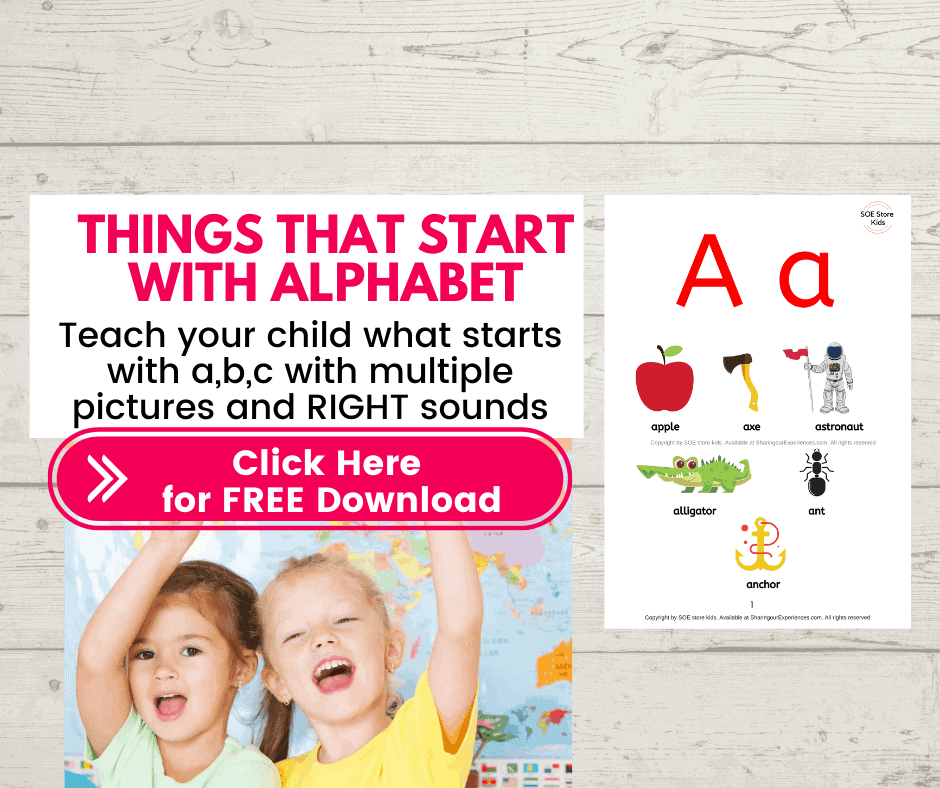
Looking for ways to teach Alphabet to kids? You would love these Alphabet pictures charts that covers simple words that start with letter a b c d e f g h i j k l m n o p q r s t u v w x y z. Download, print and teach alphabet reading to kids using these colorful alphabet picture charts.
These printable downloadable pdf are also perfect if you are looking for pictures of things that start with alphabet sounds in line with phonics rules
These are great for teaching first words to kids, and help your child identify different letter of alphabet.
DO NOT MISS to check out these – Handpicked Alphabet books for kids. These are terrific and really help kids in learning the alphabet
When teaching phonics, we usually get confused what is short a or long a sound (I have included this for all vowels). Hope you find it useful
If you want to get started with Phonics you can also read – How to teach Phonics to kids
FREE PDF DOWNLOAD AVAILABLE AT THE END. SO DO SCROLL TILL THE END FOR THE DOWNLOAD BUTTON OR CLICK HERE TO DOWNLOAD THIS PAID PRINTABLE FOR FREE
Correct sounds of all Alphabet (Introducing Phonics)
Check out this quick video to understand correct sounds of all letters.
Simple words that start with the letter a
apple, ant, alligator, airplane, arrow, ape, age, anchor, axe, astronaut, acorn
Things that start with letter a sound for preschool and Kindergarten kids (with pictures)
Before I share some simple words that start with letter a.
Let us note that letter a can have different sounds – a as in apple and notice the sound of a when you say words like ape and age.
Short ‘a’ sound or words
The short ‘A’ sound is what you hear in words like apple, what you hear in middle sound cat, hat, mat.
Long ‘a’ sound or words
The long ‘a’ are sounds pronounced the same as the name of letter. So what you hear in words like ape and age.
So here are a list words that start with short a sound/simple words that start with letter A
apple, axe, astronaut, alligator, ant, anchor
a sound words with pictures
Pictures of things that start with the letter A/ short ‘a’ sound words with pictures
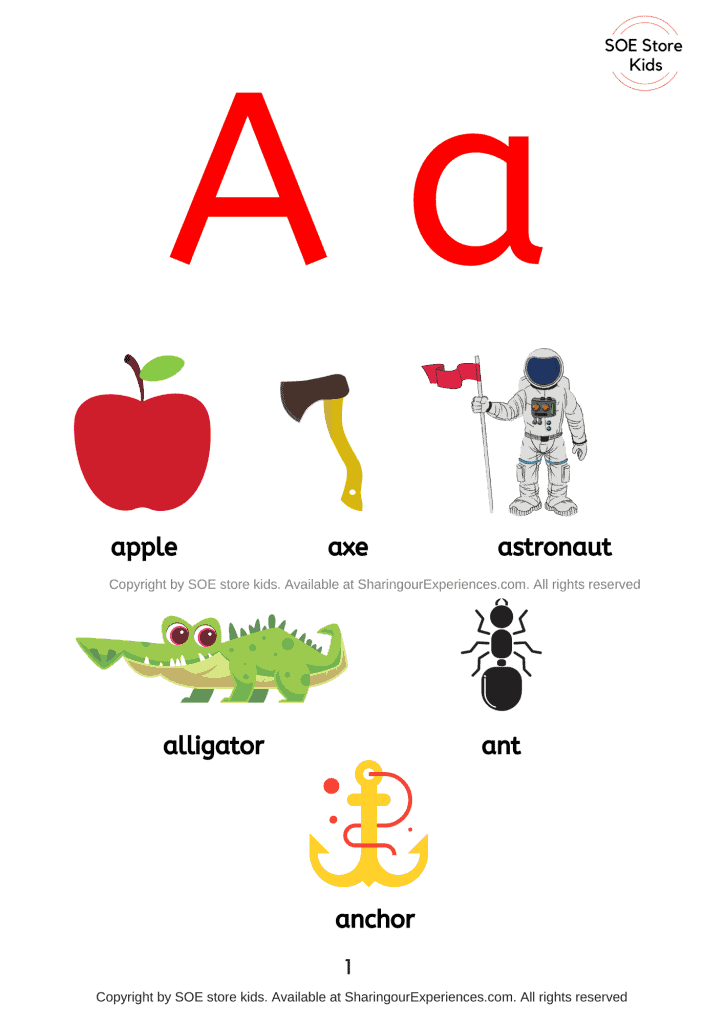
Things that start with letter b sound for preschool and Kindergarten kids (with pictures)
So here are a list words that start with letter b/simple words that start with letter B
ball, bird, balloon, banana, butterfly, bag
b sound words with pictures
Pictures of things that start with the letter B/ letter ‘b’ sound words with pictures
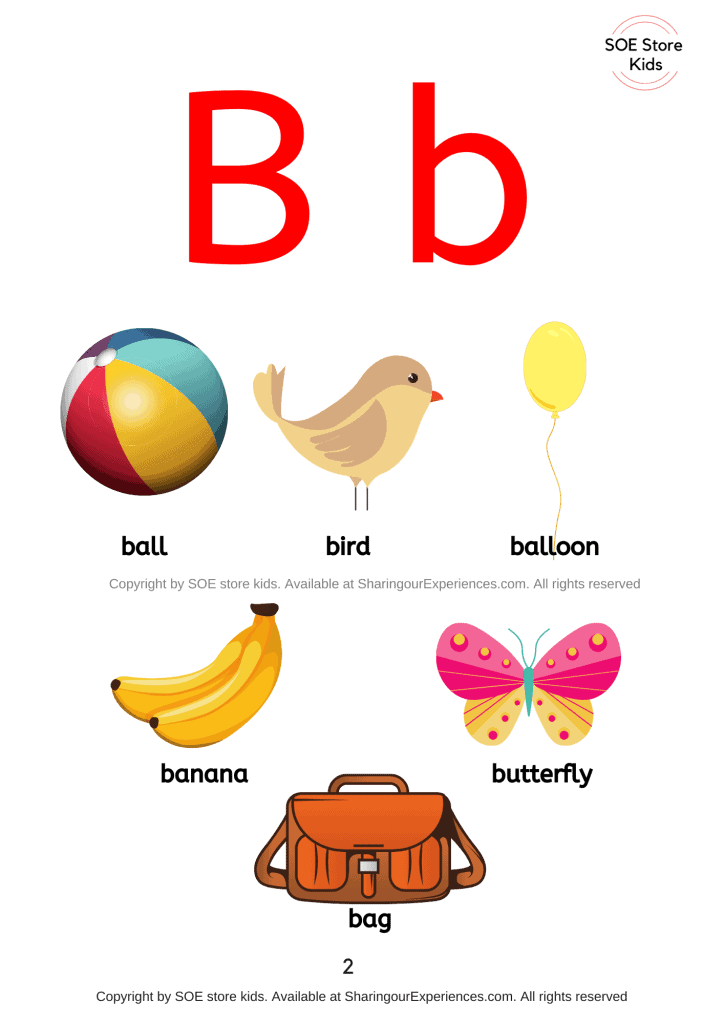
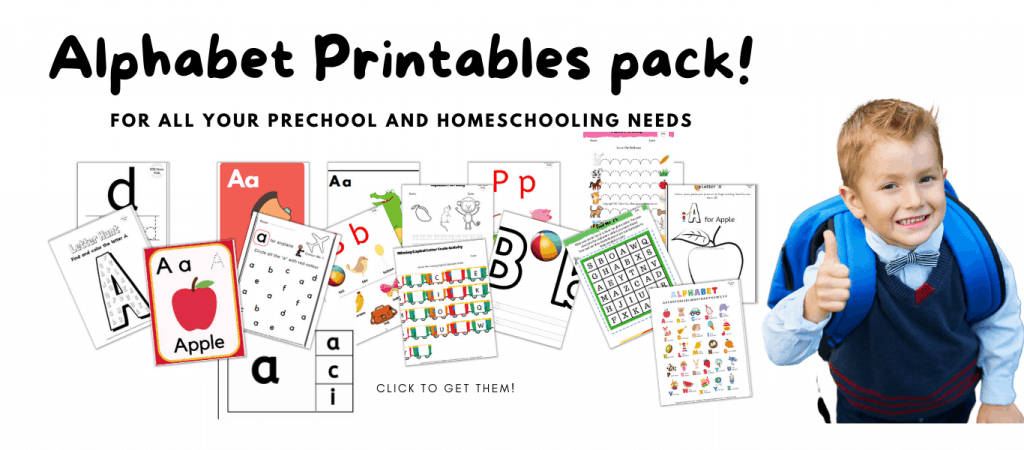
Things that start with letter c sound for preschool and Kindergarten kids (with pictures)
So here are a list words that start with letter c/simple words that start with letter C
car, cake, cup, caterpillar, carrot, cat
c sound words with pictures
Pictures of things that start with the letter C/ letter ‘c’ sound words with picture
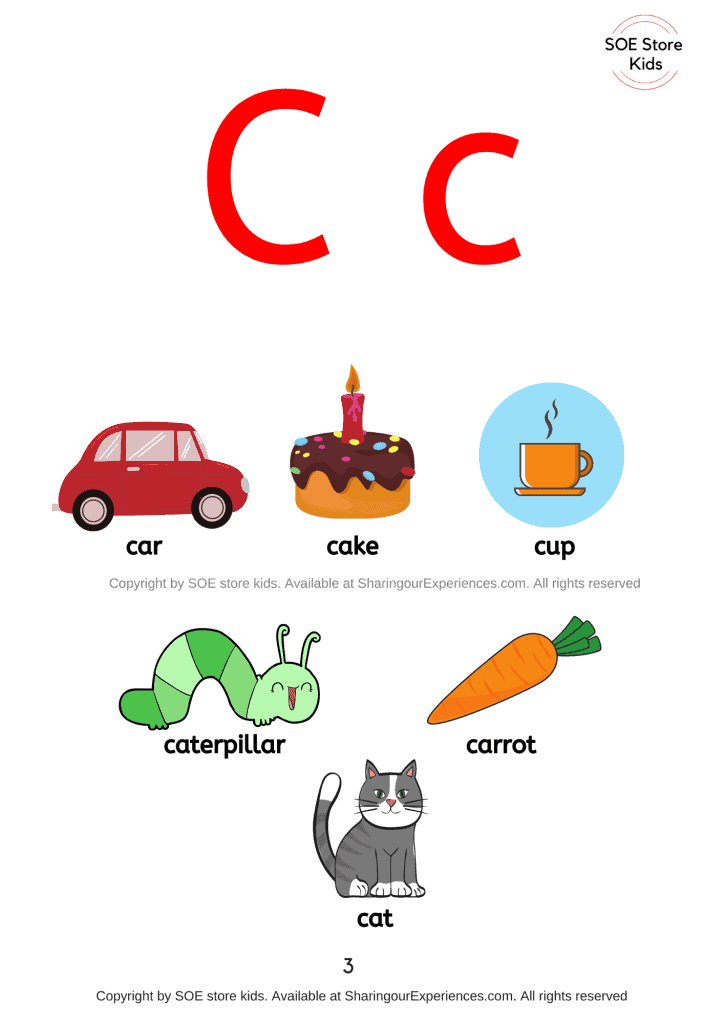
Things that start with letter d sound for preschool and Kindergarten kids (with pictures)
So here are a list words that start with letter d/simple words that start with letter D
dog, duck, doll, donkey, dress, drum
d sound words with pictures
Pictures of things that start with the letter D/ letter ‘d’ sound words with pictures

Things that start with letter e sound for preschool and Kindergarten kids (with pictures)
Before I share some simple words that start with letter e.
Let us note, that letter e can also have different sounds – e as in egg and notice the sound of e when you say words like eel or eagle.
Short ‘e’ sound or words
The short ‘e’ sound is what you hear in words like egg, elephants what you hear in middle sound leg, peg. ted.
Long ‘e’ sound or words
The long ‘e’ are sounds pronounced the same as the name of letter. So what you hear in words like eagle, eel and easter
So here are a list words that start with letter E/simple words that start with letter E
egg, elephant, envelope, eight, elk, elves
e sound words with pictures
Pictures of things that start with the letter E/ letter ‘e’ short sound words with pictures
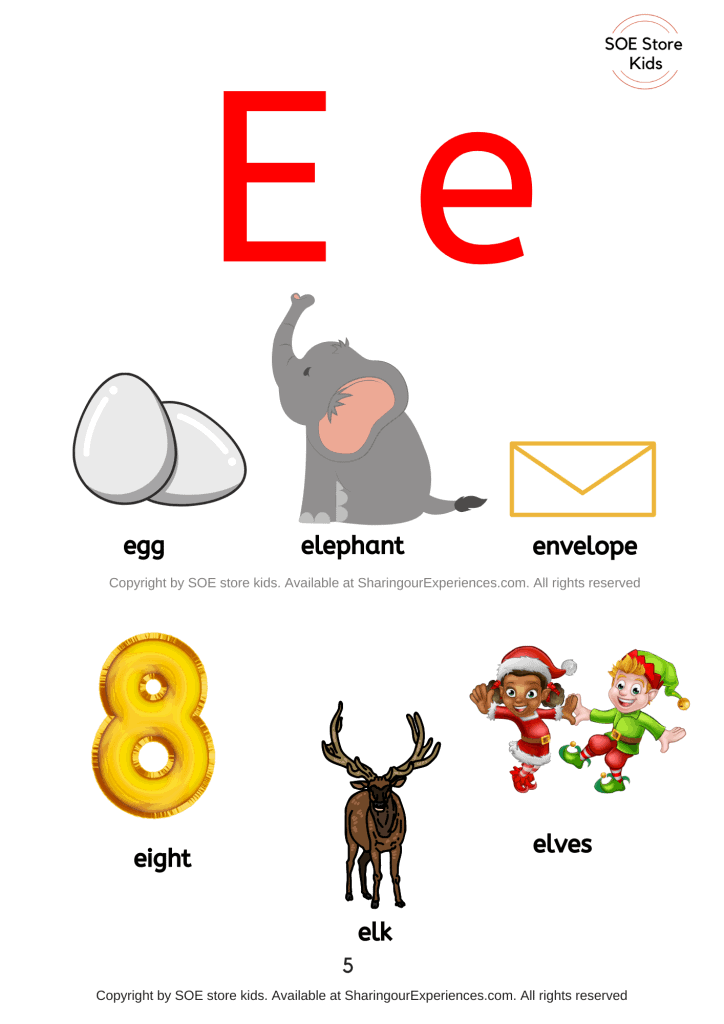
Things that start with letter f sound for preschool and Kindergarten kids (with pictures)
So here are a list words that start with letter f/simple words that start with letter F
frog, fan, fish, flag, fork, flower
f sound words with pictures
Pictures of things that start with the letter F/ letter ‘f’ sound words with pictures
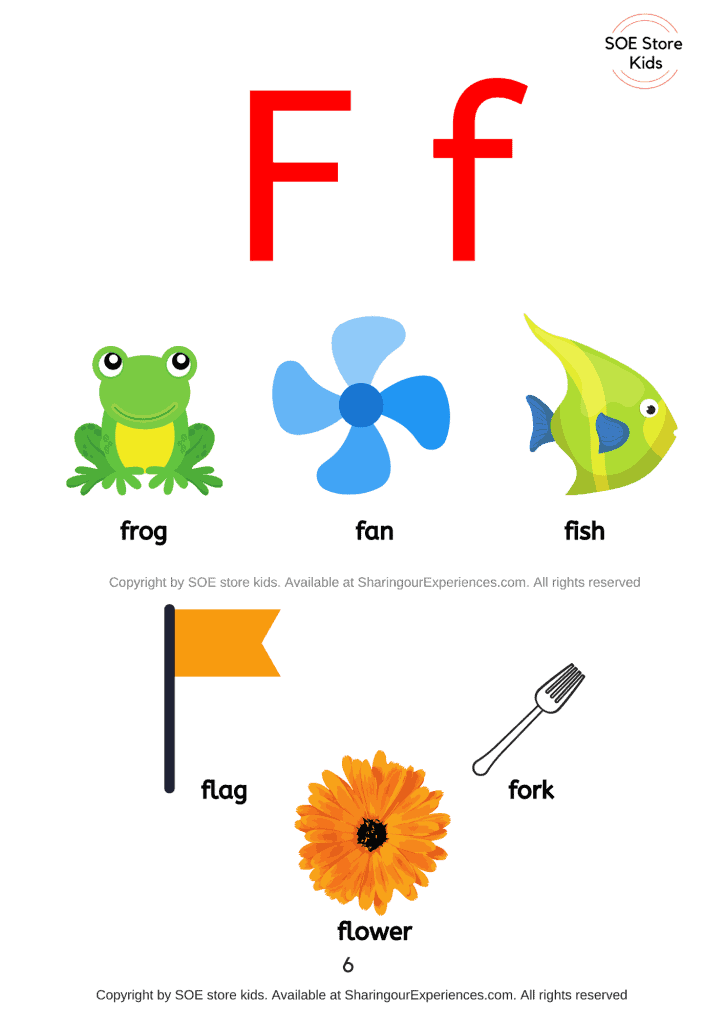
Things that start with letter g sound for preschool and Kindergarten kids (with pictures)
So here are a list words that start with letter g/simple words that start with letter G
girl, gift, goose, grape, goat, guitar
g sound words with pictures
Pictures of things that start with the letter G/ letter ‘g’ sound words with pictures

Things that start with letter h sound for preschool and Kindergarten kids (with pictures)
So here are a list words that start with letter h/simple words that start with letter H
hat, head, hen, house, hand, helicopter
h sound words with pictures
Pictures of things that start with the letter H/ letter ‘h’ sound words with pictures
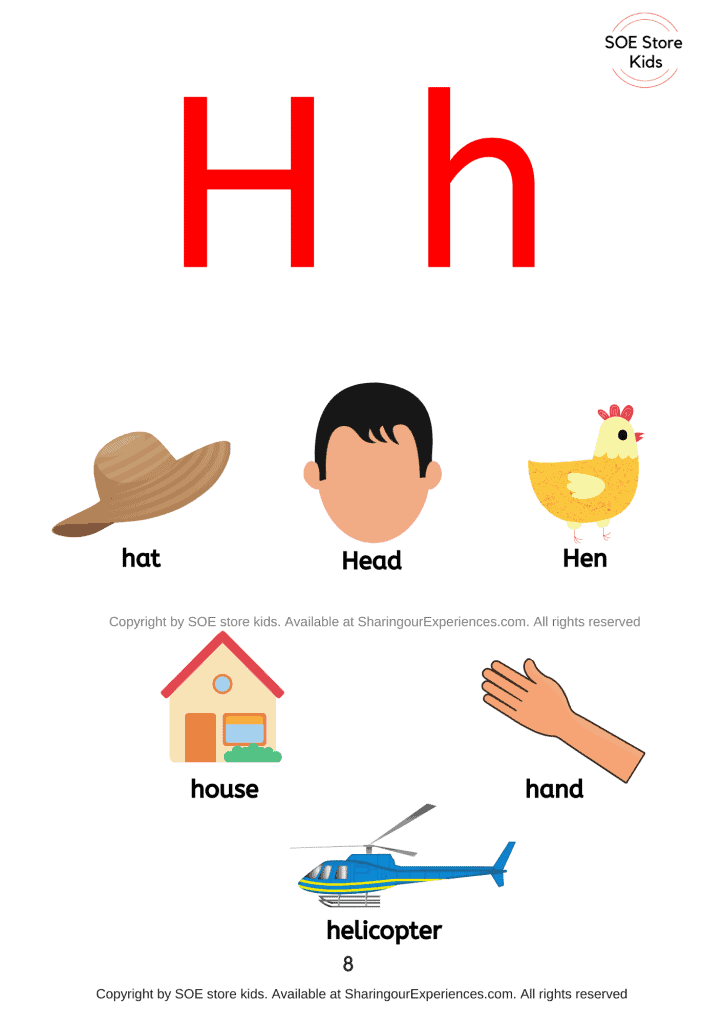
Things that start with letter i sound for preschool and Kindergarten kids (with pictures)
Before I share some simple words that start with letter i.
Let us note, that letter i can also have different sounds – i as in ink and notice the sound of i when you say words like ice.
Short ‘i’ sound or words
The short ‘i’ sound is what you hear in words like ink, insect and in middle of words like pig, wig, tip.
Long ‘i’ sound or words
The long ‘i’ are sounds pronounced the same as the name of letter. So what you hear in words like ice, ice-cream, island, ivy.
So here are a list words that start with letter I/simple words that start with letter i
ink, igloo, iguana, insect
i sound words with pictures
Pictures of things that start with the letter I/ letter ‘i’ short sound words with pictures

Things that start with letter j sound for preschool and Kindergarten kids (with pictures)
So here are a list words that start with letter j/simple words that start with letter J
jug, jar, jet, jungle, juice, jeans
j sound words with pictures
Pictures of things that start with the letter J/ letter ‘j’ sound words with pictures

Things that start with letter k sound for preschool and Kindergarten kids (with pictures)
So here are a list words that start with letter k/simple words that start with letter K
kite, key, kiwi, kettle, kangaroo, king
k sound words with pictures
Pictures of things that start with the letter K/ letter ‘k’ sound words with pictures
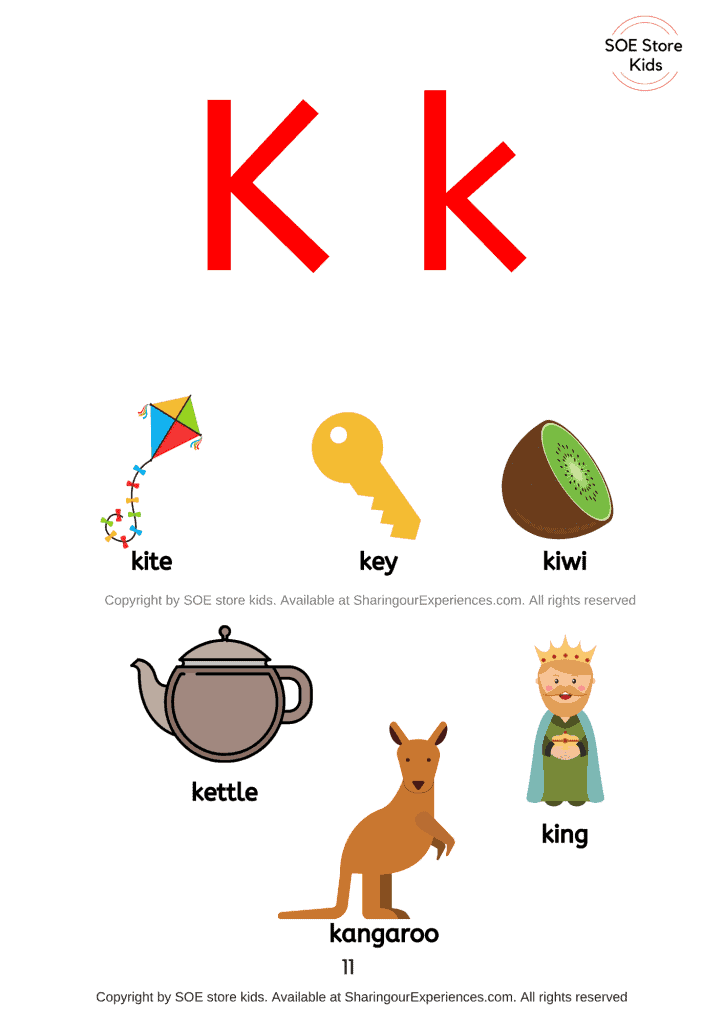
Things that start with letter l sound for preschool and Kindergarten kids (with pictures)
So here are a list words that start with letter l/simple words that start with letter L
Lion, leg, leaf, lemon, lotus, ladybird
Pictures of things that start with the letter L/ letter ‘l’ sound words with pictures
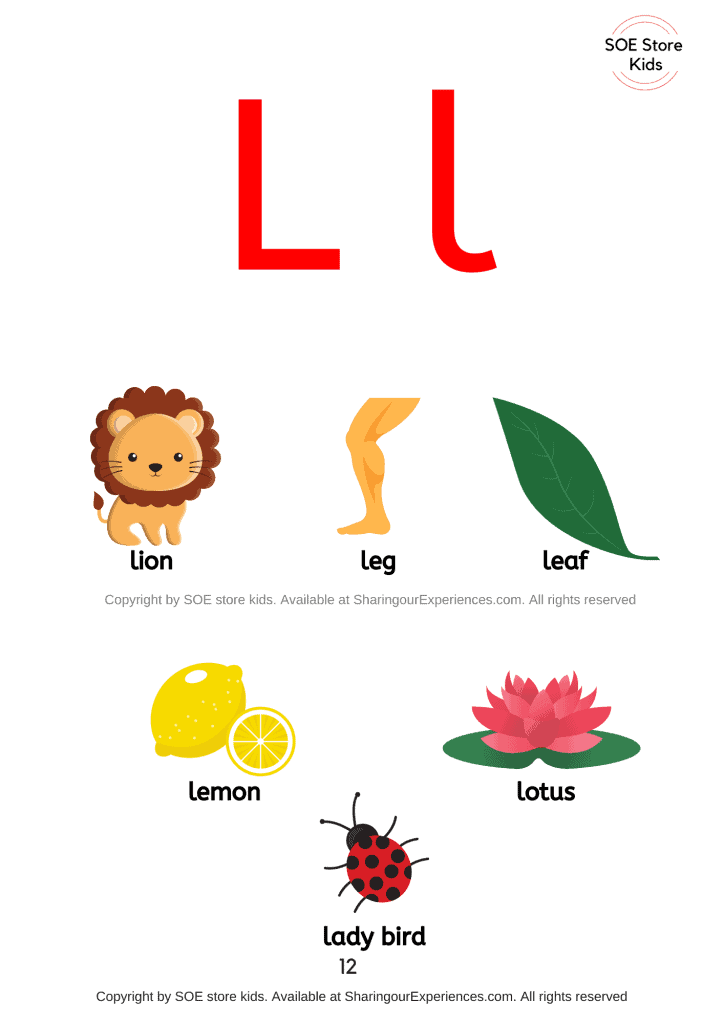
Things that start with letter m sound for preschool and Kindergarten kids (with pictures)
So here are a list words that start with letter m/simple words that start with letter M
map, mug, man, mango, monkey, moon
m sound words with pictures
Pictures of things that start with the letter M/ letter ‘m’ sound words with pictures
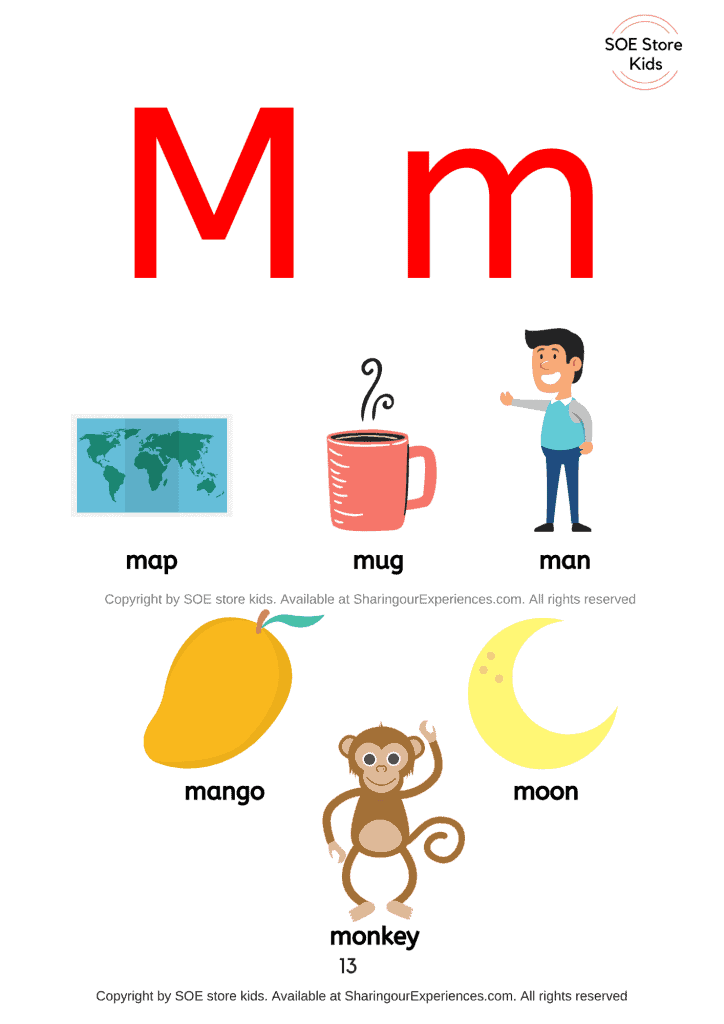
Things that start with letter n sound for preschool and Kindergarten kids (with pictures)
So here are a list words that start with letter n/simple words that start with letter N
net, nut, nap, nose, nest, numbers
N sound words with pictures
Pictures of things that start with the letter N/ letter ‘n’ sound words with pictures
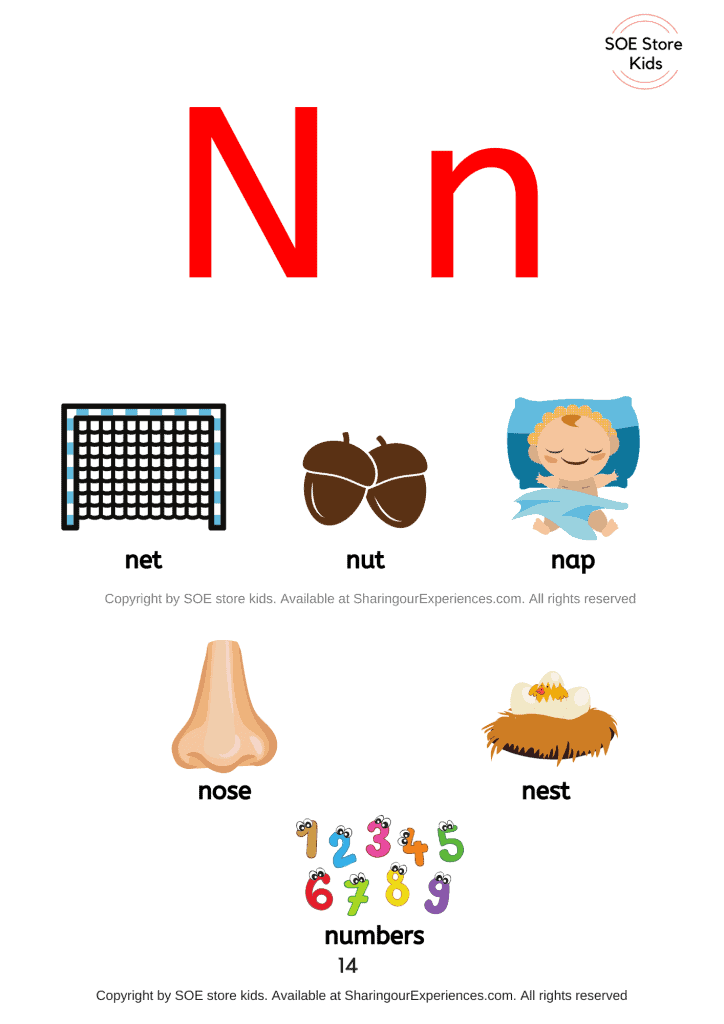
Things that start with letter o sound for preschool and Kindergarten kids (with pictures)
Before I share some simple words that start with letter o.
Let us note, that letter o can also have different sounds – o as in orange and notice the sound of o when you say words like oatmeal and ocean.
Short ‘o’ sound or words
The short ‘o’ sound is what you hear in words like orange and octopus and in middle of words like top, pot, dot.
Long ‘o’ sound or words
The long ‘o’ are sounds pronounced the same as the name of letter. So what you hear in words like ocean and oatmeal.
So here are a list words that start with letter O/simple words that start with letter o
Ox, Orange, Octopus, olive, Ostrich, On, Off, odd
O sound words with pictures
Pictures of things that start with the letter O/ letter ‘o’ short sound words with pictures
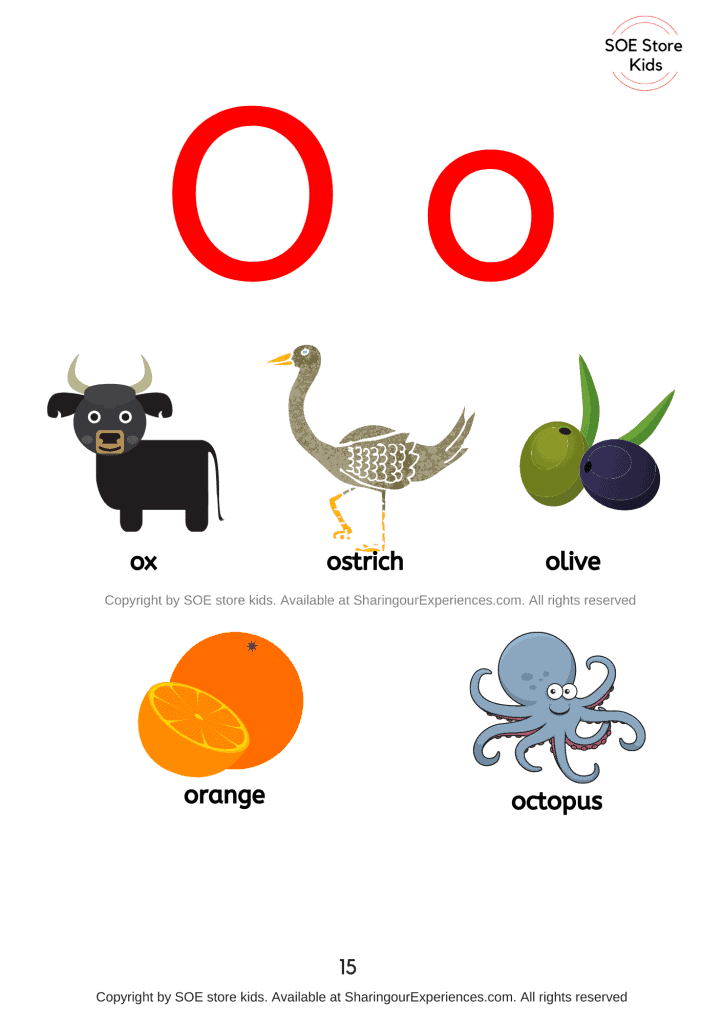
Things that start with letter p sound for preschool and Kindergarten kids (with pictures)
So here are a list words that start with letter p/simple words that start with letter P
pan, pen , pig, parrrot, pineapple, potato
p sound words with pictures
Pictures of things that start with the letter P/ letter ‘p’ sound words with pictures
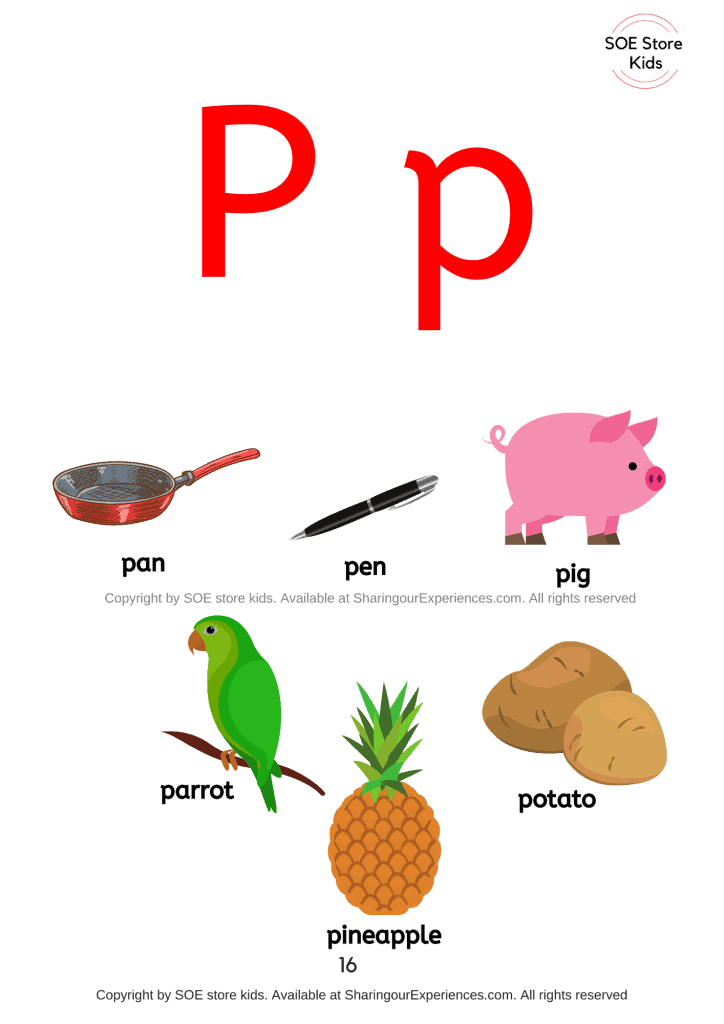
Things that start with letter q sound for preschool and Kindergarten kids (with pictures)
So here are a list words that start with letter q/simple words that start with letter Q
Quill, question, quarter, queen, quail
q sound words with pictures
Pictures of things that start with the letter Q/ letter ‘q’ sound words with pictures

Things that start with letter r sound for preschool and Kindergarten kids (with pictures)
So here are a list words that start with letter r/simple words that start with letter R
rat, red, rose, rainbow, robot, rabbit
r sound words with pictures
Pictures of things that start with the letter R/ letter ‘r’ sound words with pictures
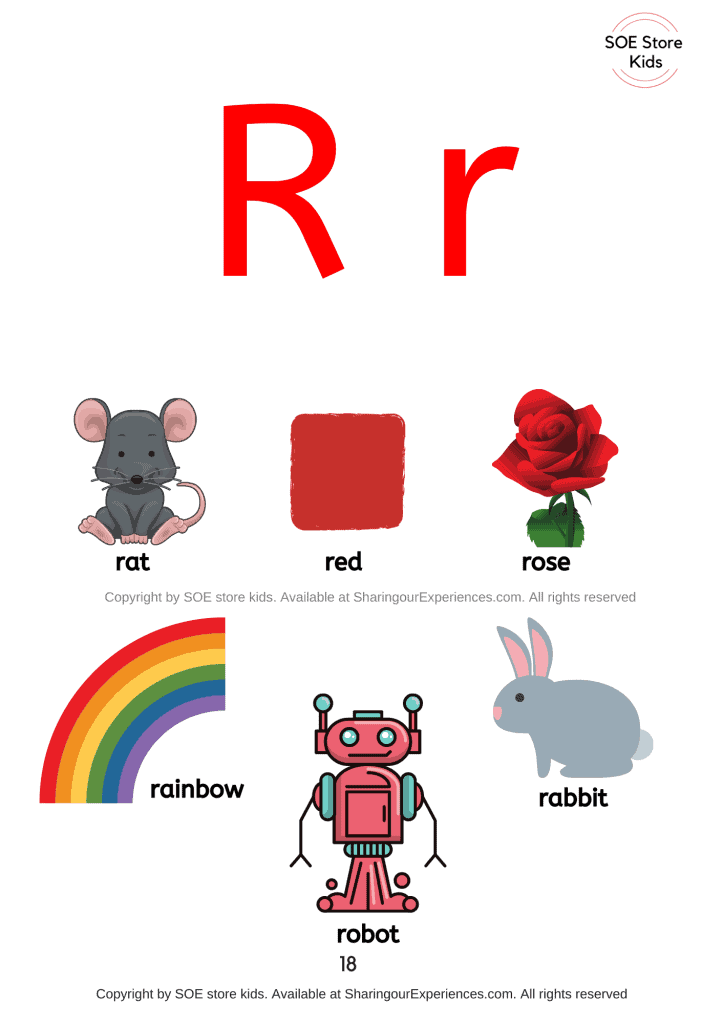
Things that start with letter s sound for preschool and Kindergarten kids (with pictures)
So here are a list words that start with letter s/simple words that start with letter S
sun, six, star, spoon, socks, spider
s sound words with pictures
Pictures of things that start with the letter S/ letter ‘s’ sound words with pictures
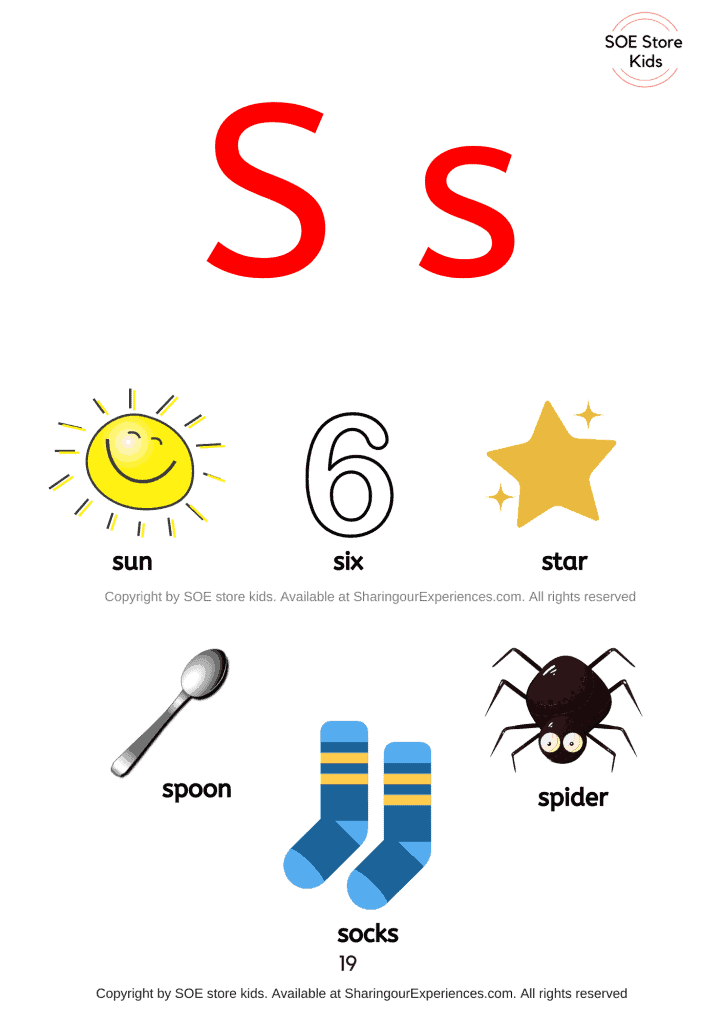
Things that start with letter t sound for preschool and Kindergarten kids (with pictures)
So here are a list words that start with letter t/simple words that start with letter T
two, tap, tree, teeth, toe, tiger
t sound words with pictures
Pictures of things that start with the letter T/ letter ‘t’ sound words with pictures
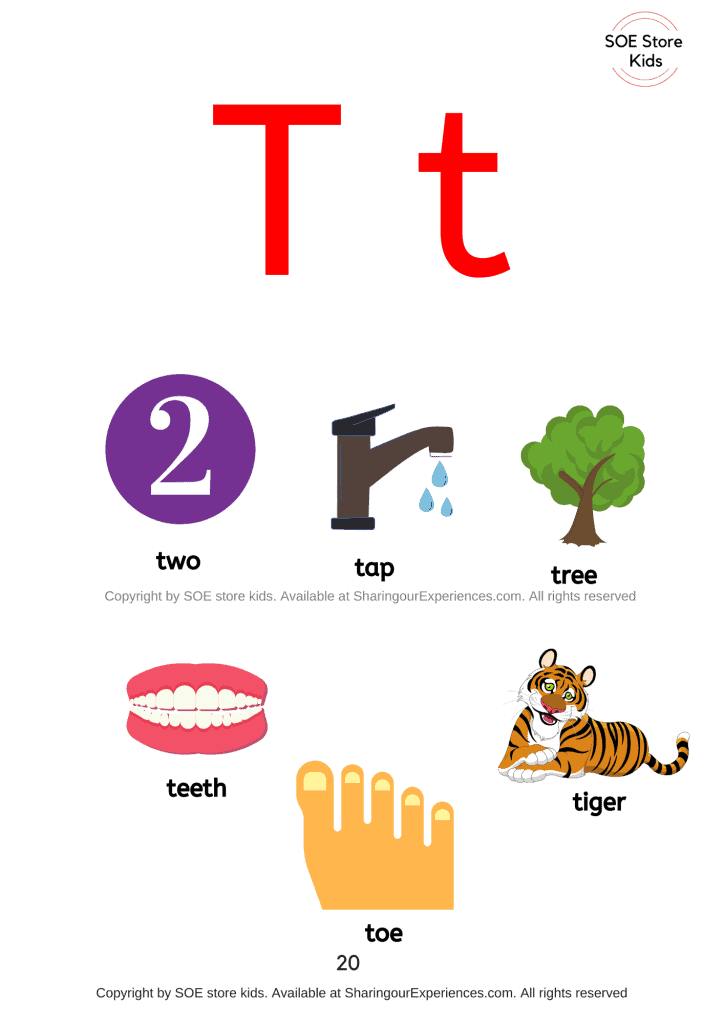
Things that start with letter u sound for preschool and Kindergarten kids (with pictures)
Before I share some simple words that start with letter u.
Let us note, that letter u can also have different sounds – u as in umbrella and notice the sound of u when you say words like unicorn, uniform, unicycle
Short ‘u’ sound or words
The short ‘o’ sound is what you hear in words like umbrella and in middle of words like pug, tug, cut
Long ‘u’ sound or words
The long ‘u’ are sounds pronounced the same as the name of letter. So what you hear in words like unicorn, uniform etc
So here are a list words that start with letter u/simple words that start with letter U
uncle, unhappy, umpire, under, umbrella, up
u sound words with pictures
Pictures of things that start with the letter U/ letter ‘u’ sound words with pictures
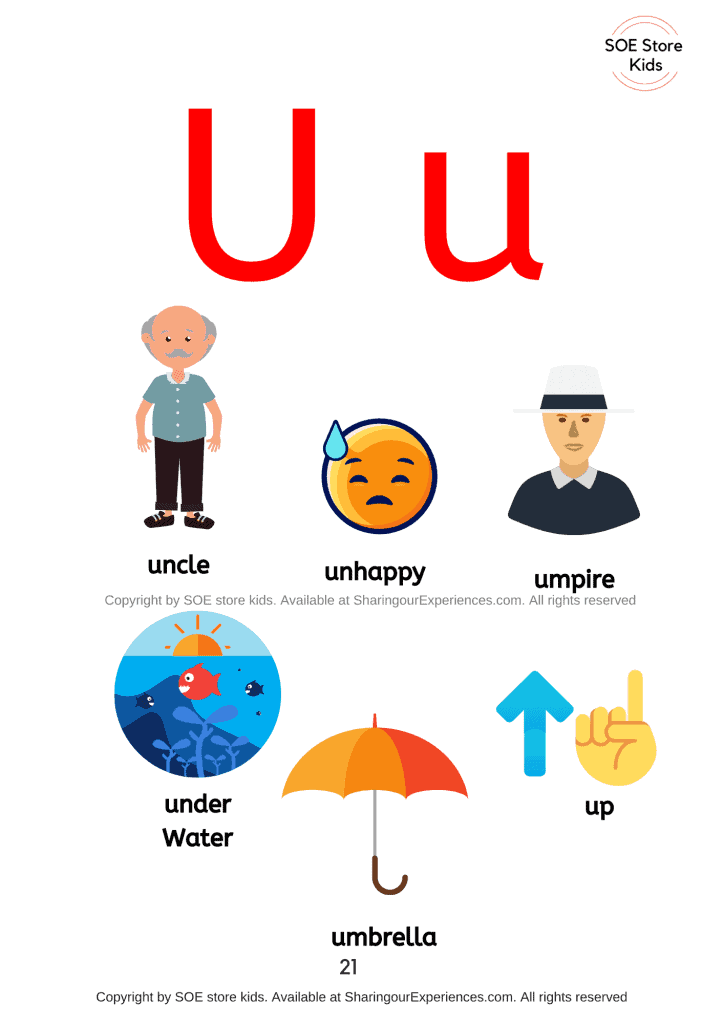
Things that start with letter v sound for preschool and Kindergarten kids (with pictures)
So here are a list words that start with letter v/simple words that start with letter V
van, vase, vegetables, violin, vine
v sound words with pictures
Pictures of things that start with the letter V/ letter ‘v’ sound words with pictures
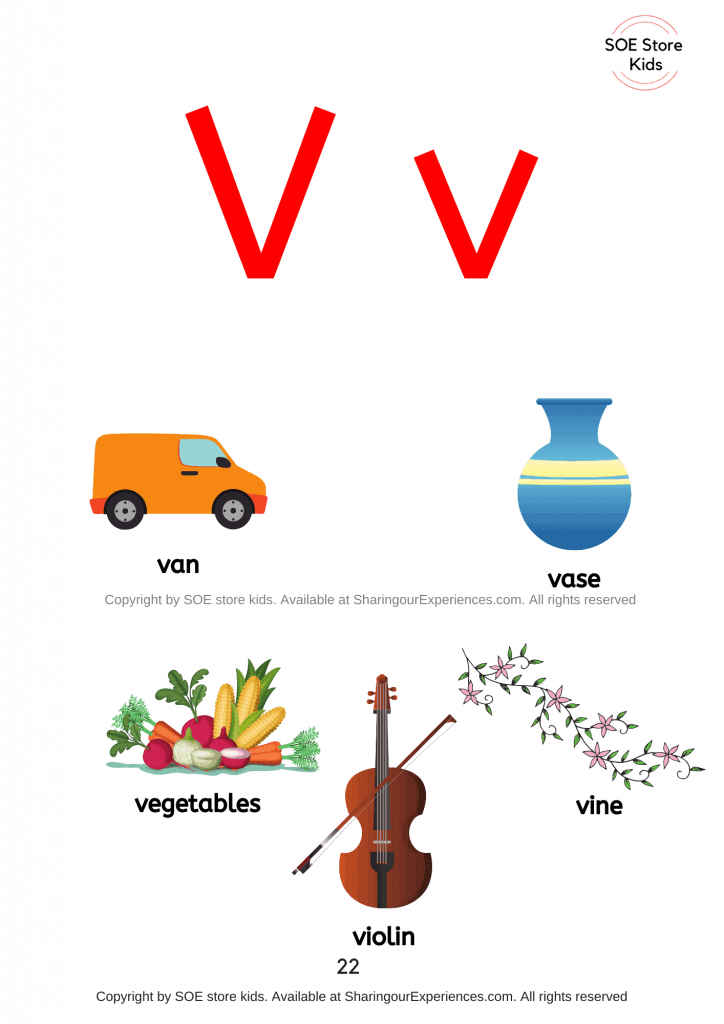
Things that start with letter w sound for preschool and Kindergarten kids (with pictures)
So here are a list words that start with letter w/simple words that start with letter W
watch, wave, wand, wheel, watermelon, whale
w sound words with pictures
Pictures of things that start with the letter W/ letter ‘w’ sound words with pictures
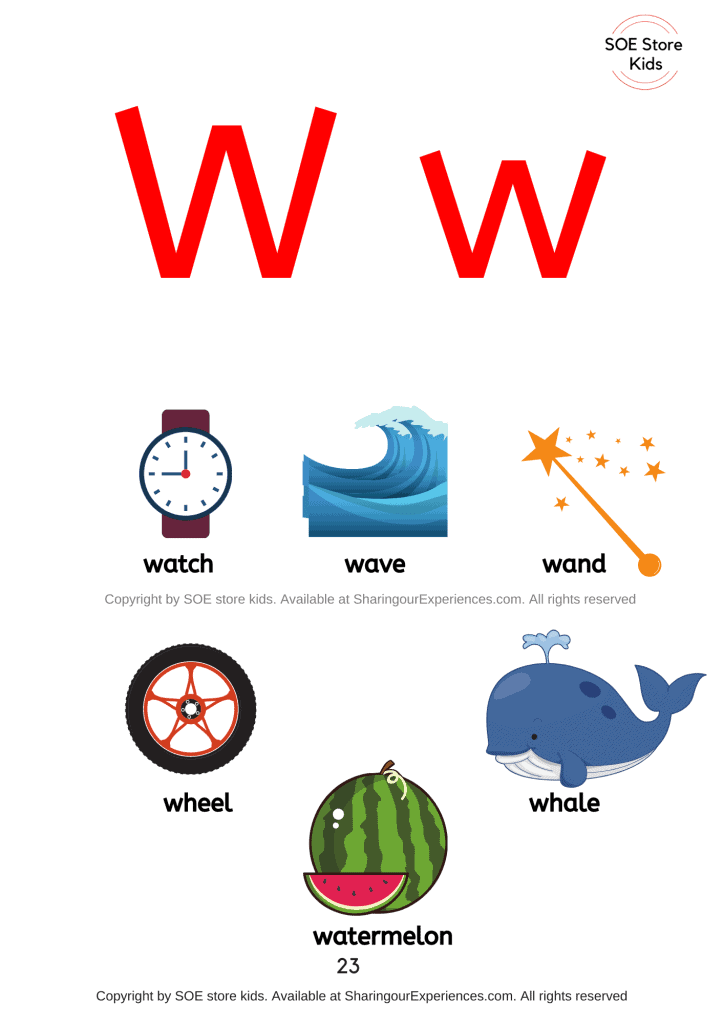
Things that start with letter x sound for preschool and Kindergarten kids (with pictures)
So here are a list words that start with letter x/simple words that start with letter X
xmas tree, xray, xylophone
x sound words with pictures
Pictures of things that start with the letter X/ letter ‘x’ sound words with pictures
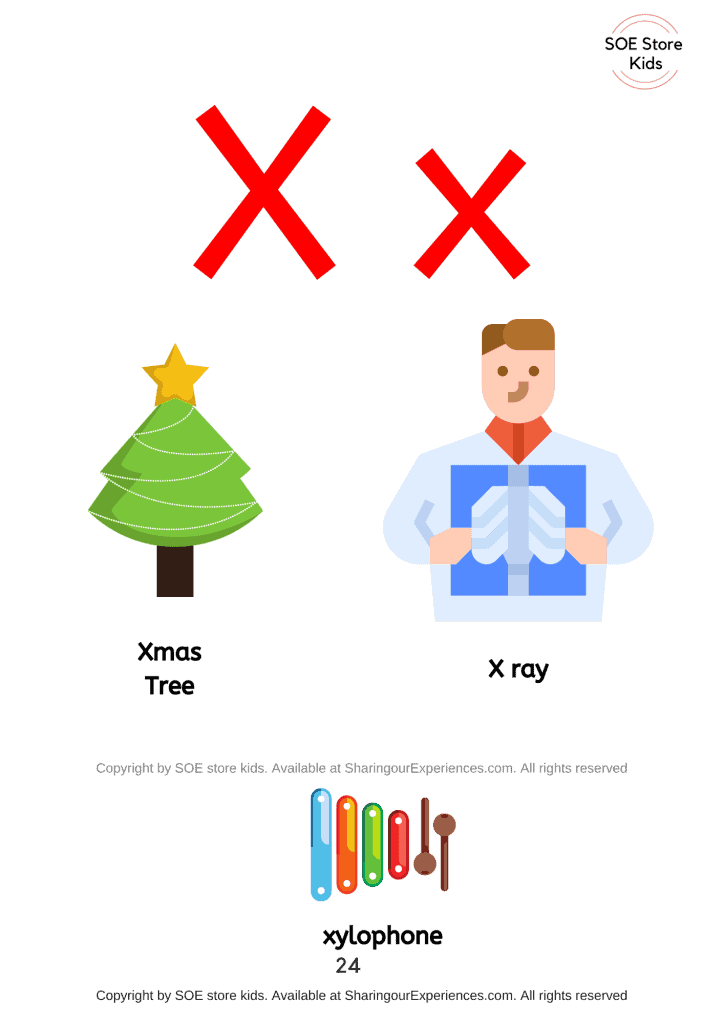
Things that start with letter y sound for preschool and Kindergarten kids (with pictures)
So here are a list words that start with letter y/simple words that start with letter Y
yak, yes, yolk, yellow, yoga, yarn
y sound words with pictures
Pictures of things that start with the letter Y/ letter ‘y’ sound words with pictures
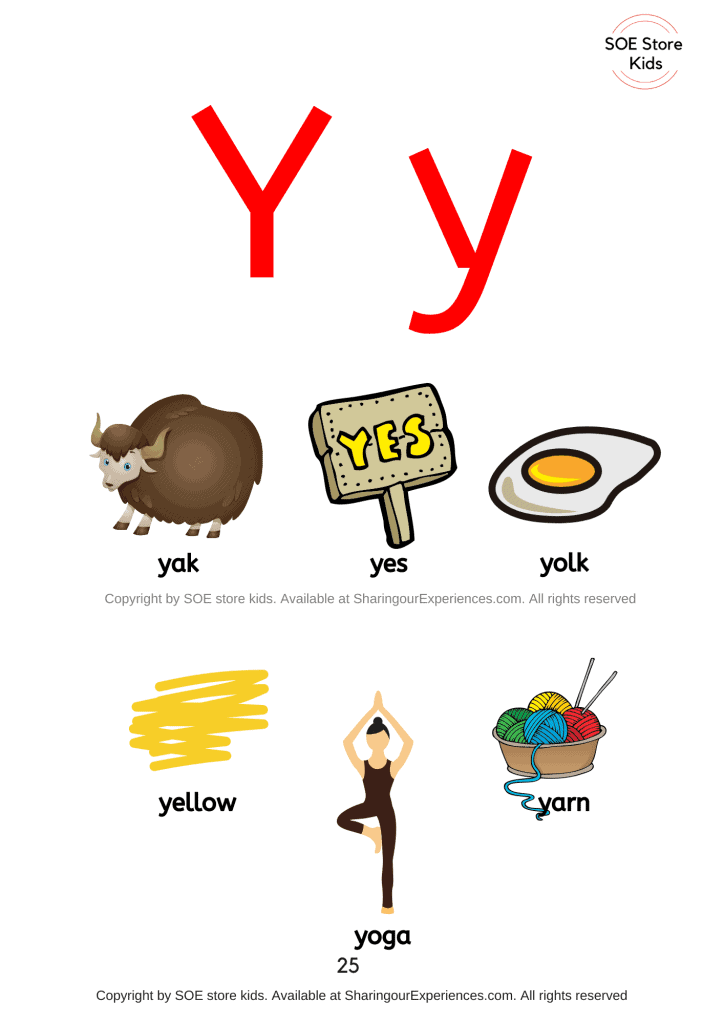
Things that start with letter z sound for preschool and Kindergarten kids (with pictures)
So here are a list words that start with letter z/simple words that start with letter Z
zip, zoo, zero, zebra, zigzag
z sound words with pictures
Pictures of things that start with the letter Z/ letter ‘z’ sound words with pictures
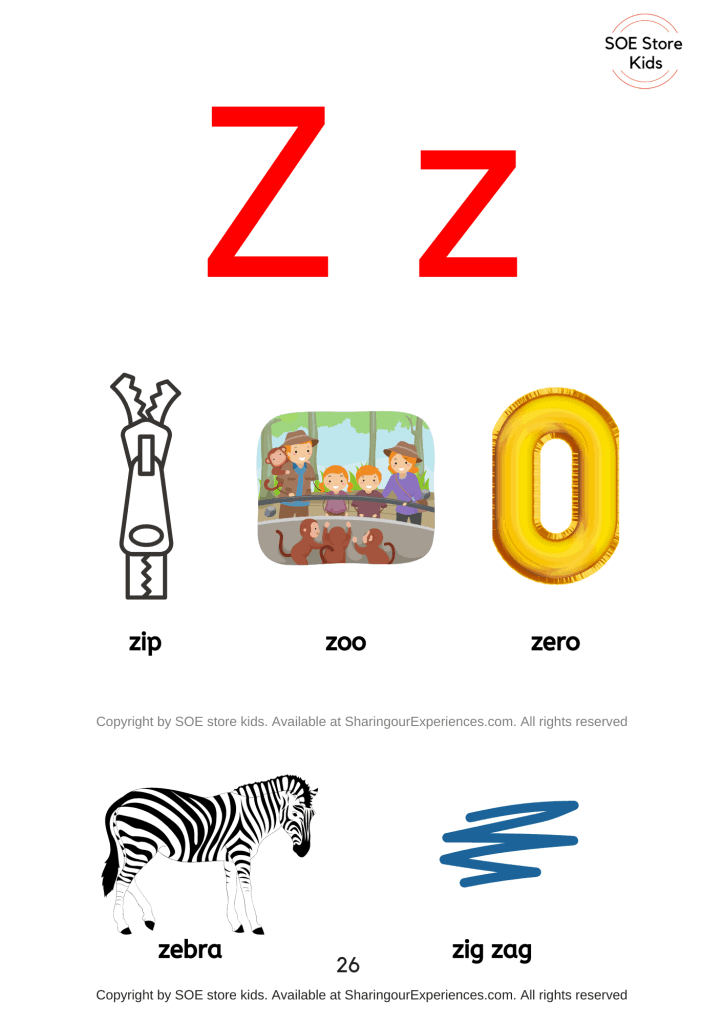
FREE PDF DOWNLOAD OF ABOVE WORKSHEETS
You may also be Interested in How to teach Alphabet to kid. Once you have learned sounds teach your child about CVC words
If you found this useful DO NOT MISS to PIN on Pinterest or share with friends
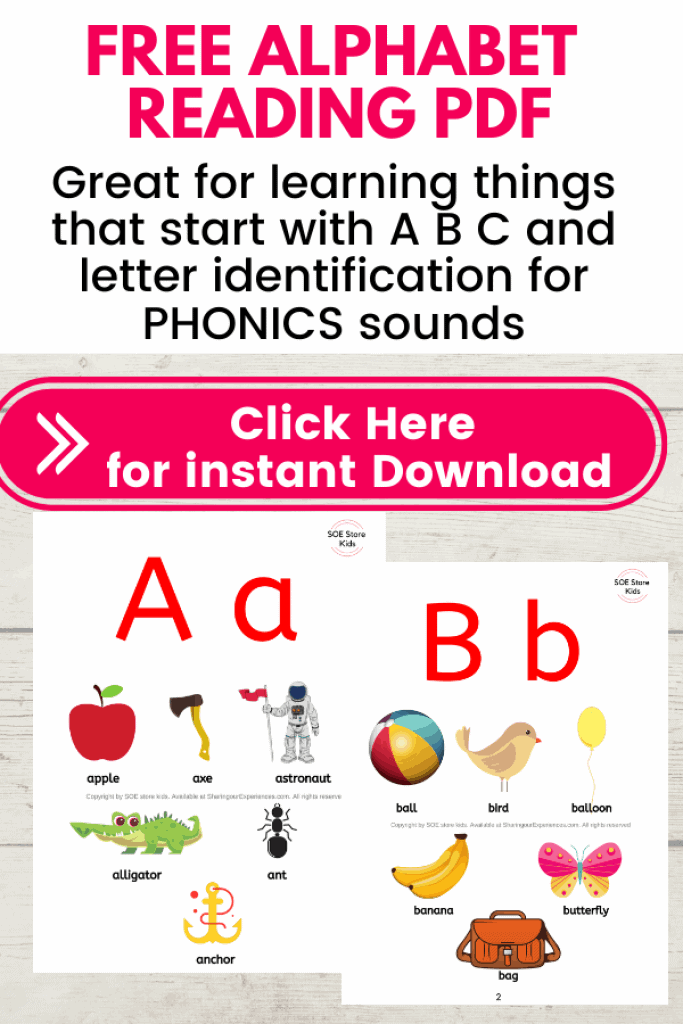
MORE FREE WORKSHEETS
- FREE printable Things that start with a, b, c, d, and all alphabet for introducing Alphabet
- Free Alphabet playdough mats printable
- FREE Alphabet beginning sounds clip cards. (Phonic activities for kids)
- Free missing Alphabet worksheets for kids
- 52 FREE Alphabet matching clip cards (Great for learning upper case and lower case letter matching)
- Free Colour matching activities for toddlers and prenursery kids
- FREE Number Counting mats for toddlers covers numbers 0 till 10
- FREE Number counting mats for 9 till 20. Great for teaching concept of Tens and One
- Free printable Number Counting clip cards (Christmas themes)
- Free ADDITION with pictures clip cards for those beginning to Add
- FREE Addition Clip cards Activities for Kindergarten kids
- Free Colour By Number Dinosaur worksheets for Kindergarten kids
DO NOT MISS MANY MORE FREE worksheets and printable pdf here
English alphabet with translation and rules for reading letters
By Natalia Mar 4, 2019
The study of any language should start with an acquaintance with its basics or phonetic units — letters that are organized into a single system called the alphabet.
Today there are 65 alphabets in the world, one of the most famous and demanded is English.
History of the alphabet
The history of the English alphabet dates back to the 5th century. BC. It was at this time that the birth of writing in the territory of modern Great Britain belongs. Then, to designate letters and write words, ancient Anglo-Saxon runes were used.
As in many ancient alphabets, one rune could denote both a separate sound and a whole word (by analogy with the Old Slavonic letters-words «az», «verb», «good», etc.). With the advent of Christianity, the runes were transformed into the Latin alphabet, which changed for several centuries and finally acquired the form we are accustomed to today.
Composition of the English alphabet
The English alphabet has 26 letters: 6 of them are vowels and 20 consonants.
As in the Russian language, in the English alphabet, letters have independent names that do not coincide with the sounds that these letters designate. Letter names are studied in case you need to pronounce it clearly, for example, a name, address, or something that may be misunderstood by ear and therefore spelled incorrectly.
Unlike the Russian language, English has general reading rules that determine the way a letter is pronounced in a particular word. Because of this, the same, for example, the vowel «a» can be read in two versions: [ei] and [æ]. Combining it with other letters gives about 5 more possible options.
Because of this, there are much more sounds in the English language than letters: 44 in total, of which 20 are vowels and 24 consonants. Moreover, these sounds are formed both due to the reading rules and combinations of various letters.
English alphabet for kids
This alphabet can be downloaded, printed and shown to your kid, you can also watch various educational cartoons.
Frequency of occurrence of letters of the English alphabet
The English alphabet belongs to the «vowel» alphabets: vowels and sounds are much more common in it. The table below shows the frequency of the use of letters in English words in descending order.
| Letter | % of occurrence | Letter | % of occurrence |
| е | 12,7 | m | 2,41 |
| t | 9,6 | w | 2,36 |
| a | 8,17 | f | 2,23 |
| o | 7,51 | g | 2,02 |
| i | 6,97 | y | 1,97 |
| n | 6,75 | p | 1,93 |
| s | 6,33 | b | 1,49 |
| h | 6,09 | v | 0,98 |
| r | 5,99 | k | 0,77 |
| d | 4,25 | x | 0,15 |
| l | 4,03 | j | 0,15 |
| c | 2,78 | q | 0,10 |
| u | 2,76 | z | 0,07 |
Vowel letters of the English alphabet
In English 6 vowels and 20 vowels… Let’s see how it happened.
Basic vowels: a, e, i, o, u, y.
Depending on whether there is a letter in an open or in a closed syllable, as well as in accordance with a number of reading rules adopted in English, each of the above letters has two pronunciation options:
| Letter | In an open syllable | Example | In a closed syllable | Example |
| A | [ei] close to russian Hey | Lake, Made, Flame | [æ] close to russian э wide mouth | FAN, CAT, Marry |
| E | [i:] how Russian is long и | Tree, Free, Agree | [e] reads as Russian е in the words «peach», «summer» | Merry, Get, Vehicle |
| I | [ai] reads like ouch | Lie, Die, Lion | [I] how short и | Slim fit principal |
| O | [əu] close to eu | Bone, Vote, Potatoe | [ͻ] how about with a touch а | pot, lost, hobby |
| U | [ju:] like russian ю | Tulip, Pupil, Tune | [ʌ] as short а | Truck, Lucky, Drums |
| Y | [ai] reads like ouch | Good-bye, Recycle, Fly | [I] how short и | Pajamas, mistery, bicycle |
The combination of vowels with the consonant R lengthens and slightly changes the pronunciation of the base letter (with a characteristic palatal unpronounceable «r» at the end of the sound):
| Letter | Pronunciation | Example |
| A | [a:] deep а | car, market, park |
| E | [ə :, ɜ:] similar to ё in the word «honey», somewhat longer |
Source: https://eng911.ru/rules/alphabet/anglijskij-alfavit-s-perevodom.html
The English alphabet: how and why to learn it?
The alphabet is one of the most basic structures of any language. Usually the very first language classes are devoted to its study, but this does not mean that confident knowledge of the alphabet does not help even native speakers!
In countries where English is spoken, the alphabet is used regularly; his knowledge helps to communicate street names, abbreviations and other words and terms frequently used in the spoken language to the interlocutor.
If your goal is to learn English and be fluent in it, knowledge of the alphabet will be necessary for you. That is why we have prepared this material on the English alphabet. After reading this article, you will receive all the tools you need to quickly master it and further develop your knowledge.
Some interesting facts about the English alphabet
- The most common letter in the English alphabet is the letter “E”; 11% of all English consists of this letter;
- The least common letters are the letters “Z” and “Q”;
- The letter “S” is not the most common, but the most words start on it;
- The English alphabet is similar in composition to the alphabets of more than 100 other languages, which makes it one of the most widespread in the world;
- The letters “C” and “G” have their roots in the Phoenician language, which had a similar symbol for the word “camel”.
Structure of the English alphabet
The English alphabet consists of 26 letters, among which there are six vowels and twenty consonants.
Vowels: The letters aeiou are vowels; besides them, the letter y is sometimes referred to the number of vowels — unlike other vowels, this letter acts as a vowel in 97.5 percent of words and as a consonant in all other cases. As in Russian, vowels are pronounced freely, without obstacles to the release of air from the lungs.
Consonants: The letters B, C, D, F, G, H, J, K, L, M, N, P, Q, R, S, T, V, W, X and Z are consonants. As in Russian, consonants are pronounced with the creation of obstacles to the flow of air from the lungs with lips, teeth or tongue.
Important: Please note that letters and their combinations can produce both vowels and consonants. We’ll talk more about the difference between the pronunciation of letters in different words at the end of the article.
English alphabet
The table below shows the alphabet of the English language. Please note that the names of some letters vary from country to country. Native speakers will understand you no matter which version you use, but knowing the different names will come in handy for your understanding.
Letter Name Pronunciation of the name of the letter Russian notation of the name of the letter In other languages
| A a | a | [eɪ] | Hey | |
| B b | bee | [biː] | би | |
| C c | cee | [siː] | yours | |
| D d | dee | [diː] | ди | |
| E e | e | [iː] | и | |
| F f | ef | [ff] | eff | |
| G g | gee | [dʒiː] | Ji | |
| H h | aitch | [eɪtʃ] | heych | Hach (Ireland, Australia) |
| I and | i | [aɪ] | ouch | |
| J j | jay | [dʒeɪ] | jay | |
| K k | kay | [keɪ] | kei | |
| L l | el | [he] | el | |
| M m | em | [em] | Em | |
| N n | en | [ɛn] | en | |
| The o | o | [əʊ] | OU | |
| Pp | pee | [pi] | пи | |
| What | cue | [kjuː] | q | |
| R r | ar | [ɑː, ar] | a, ar | AR (USA) |
| S s | ess | [it] | es | |
| T | tee | [tiː] | you | |
| U u | u | [juː] | ю | |
| V v | vee | [viː] | in and | |
| Ww | double-u | [‘dʌbljuː] | double | |
| x x | ex | [eks] | the ex | |
| Y y y | wy | [waɪ] | wye | |
| Z z | zed, zee | [zɛd, ziː] | zed, zee | Zee (USA) |
How to learn the English alphabet?
To get started, we recommend listening to the ABC Song — a song that is used to repeat the alphabet in schools. There are many variations of this song, we offer one of them.
For further repetition, we offer a few more simple exercises that will allow you to memorize the alphabet:
Source: https://lingvist.com/ru/kursy/izuchit-angliyskiy-online/resursy/alfavit-anglijskogo-jazyka/
›Grammar and rules› Alphabet ›Vowel letters of the English alphabet with transcription and Russian pronunciation
English is becoming more widespread every day. Today it is spoken by most of the world’s population, which automatically makes it an international language of communication. In addition to the American continents, it is being studied in Europe and Asia. Australia, as part of the former British Empire, has long recognized English as the official language.
If in Western Europe, American and British English are studied by children from a very early age, in Russia, Ukraine and other CIS countries, they are treated very mediocre. The school curriculum skims through the most frequent words, while the children are not really explained the rules for their use. All this forces people to learn on their own, which is much more difficult.
Today we will analyze how the vowels of the English alphabet are used in words. They influence the quality of pronunciation and language perception.
Constructing words in American
The consonants of the English alphabet are the basis of all words. The total number of letters is 26, of which consonants are 20, and there are only 6 vowels in English. Despite such a meager number, they can take various forms of pronunciation, as a result, from 6 letters, about 20-24 sounds are obtained. All vowels and consonants are listed in the table below:
As you can see in the picture, the vowels in the English alphabet are highlighted in yellow. A transcription is written next to each letter, thanks to which you can learn how to pronounce this or that letter correctly.
The need for transcription was always due to the fact that it is simply impossible to explain the correct pronunciation using the example of the Russian language.
If in Russian one letter is equated to one sound, then most of the vowels in the English alphabet are pronounced using a combination of two phonemes.
| Letter | Transcription | transcript |
| Aa | [ei] | Hey |
| Her | [I:] | Long «and» |
| Ii | [ai] | Ай |
| Oo | [Where] | Oh oh |
| Uu | [ju:] | Long «yu» |
| Yy | [wai] | wye |
The last letter «Yy» can be a vowel or a consonant depending on the type of syllable. This should be taken into account when reading and parsing words morpheme. What sound will determine this or that letter depends on its position in the word and syllable.
Types of syllables of the English alphabet
Source: https://speakenglishwell.ru/glasnye-bukvy-anglijskogo-alfavita/
English alphabet
At the end of the lesson, an exercise awaits you, but for now interesting facts:
- There are only 26 letters in the English alphabet, and as many as 33 in the Russian alphabet.
- Usually one consonant letter corresponds to one sound, but the letter X corresponds to two sounds — KS.
- British and American pronunciations differ slightly. This applies to the letter Z — the British version is [zɛd] “zed”, the American version is [zi:] “zi”.
- The most common letters are E and T (the most common word is the), and the rarest letters are Z and Q. This knowledge allowed Sherlock Holmes to decipher the letter, where each letter was replaced with an icon.
How to pronounce the alphabet correctly? Here are all the letters with English and Russian transcription. Russian transcription is given only for the very beginners, but in general it is necessary to learn English transcription — nowhere without it, it is used in all dictionaries.
The letters are voiced!
You can click on the letters — you will hear the pronunciation (if suddenly the sound does not work here — there are other options below).
| Aa [ei] [hey] | Nn [en] [en] |
| Bb [bi:] [bi] | Oo [ou] [oh] |
| Cc [si:] [si] | Pp [pi:] [pi] |
| Dd [di:] [di] | Qq [kju:] [kyu] |
| Ee [i:] [and] | Rr [a:] [a :, ar] |
| Ff [ef] [eff] | Ss [es] [es] |
| Gg [dʒi:] [ji] | Tt [ti:] [ty] |
| Hh [eitʃ] [hh] | Uu [ju:] [yu] |
| Ii [ai] [ah] | Vv [vi:] [vi] |
| Jj [dʒei] [jay] | Ww [`dʌbl` ju:] [double] |
| Kk [kei] [kei] | Xx [eks] [ex] |
| Ll [el] [email] | Yy [wai] [wai] |
| Mm [em] [uh] | Zz [zed / ziː] [zed / zi] |
How to write English letters? The first picture, taken from a school textbook, shows a handwritten alphabet. But on English-language sites, there are usually slightly different spellings of letters (to enlarge the two pictures on the right, click on them).
English alphabet from textbook
Writing letters of the English alphabet
Another copy of the English alphabet
Hear the correct pronunciation of the English alphabet. Do you think this is American or British pronunciation?
Songs (on a separate page)
To make it easier for children to remember the alphabet, special songs… If you sing it a couple of times, the melody will “stick” to you for a long time. At the same time, guess who is singing it: the British or the Americans?
Sounded alphabet
It is convenient for children to learn the alphabet in pictures in the form of an alphabet.
Click on the pictures to hear the pronunciation of words from the alphabet, or listen to all the words at once using the player: /audio/abc.mp3 Download mp3
A — apple [‘æpl] — apple
B — bird [bə: d] — bird
C — car [kɑ:] — car
D — dog [dɒg] — dog
E — ear [ıə] — ear
F — fish [fıʃ] — fish
G — girl [gɜ: l] — girl
H — hair [heə] — hair
I — ice cream [ˌaɪs’kriːm] — ice cream
J — juice [dʒu: s] — juice
K — kettle [ketl] — kettle
L — laugh [lɑ: f] — laugh
M — milk [mılk] — milk
N — neck [nek] — neck
O — orange [‘ɔrɪnʤ] — orange
P — pillow [‘pɪləu] — pillow
Q — queen [kwi: n] — queen
R — rain [reın] — rain
S — sun [sʌn] — sun
T — towel [‘tauəl] — towel
U — umbrella [ʌm’brelə] — umbrella
V — vegetable [‘veʤ (ə) təbl] — vegetables
W — watermelon [‘wɔːtəˌmelən] — watermelon (water — water, melon — melon)
X — X-ray [‘eksreɪ] — X-ray
Y — year [jıə] — year
Z — zebra [‘zebrə] — zebra
Exercises
Many students write in the comments “I know the alphabet!” Well, let’s check it out. Listen to the recording below and fill in the blanks.
Each letter is read twice to give you more time and the opportunity to check if you heard it correctly, you only need to write it once, one letter in one box.
Can you score at least 90%? Use the «Tab» key to quickly move between cells.
/audio/abc-quiz.mp3
Source: https://englishtexts.ru/english-grammar/abc
English alphabet with transcription: flashcards with transcription in Russian and pronunciation of sounds for children or beginners
Learning any language begins with mastering letters, sounds and pronunciation features. Without this, learning to read and write becomes impossible.
The modern English alphabet consists of 26 letters: 6 vowels and 20 consonants.
How to memorize the alphabet?
If you are an adult, then memorizing the alphabet for you will not be as difficult as for a child. If you are studying with a child, start learning the alphabet from the sounds that each letter gives, and only then enter the designation of the sound — the letter!
Learn vowels. There are only 6 of them, so this task will not be difficult.
| Letter | English transcription | Russian transcription | Sound(English transcription) | Sound(Russian transcription) |
| Aa | [ei] | [Hey] | [æ] | [uh] |
| Ee | [i:] | [and:] (long) | [i:], [e] | [and:], [uh] |
| Ii | [ai] | [ay] | [ai], [i] | [ay], [and] |
| Oo | [əu] | [OU] | [or] | [about] |
| Uu | [juː] | [yu:] (long) | [ju:], [ʌ] | [yu], [a] |
| Yy | [wai] | [wye] | [aɪ], [i] | [ay], [and] |
In English transcription, the sign [:] — colon, denotes the longitude of the sound, i.e. you need to pronounce it lingeringly.
Consonants are easier to remember if you break them down into logical groups:
Consonants similar in appearance to Russian letters and in pronunciation:
| Letter | English transcription | Russian transcription | Sound(English transcription) | Sound(Russian transcription) |
| Cc | [siː] | [si:] | [k], [s] | [k], [s] |
| Kk | [keɪ] | [kay] | [k] | [to] |
| Mm | [em] | [uh] | [m] | [m] |
| Tt | [tiː] | [ty:] | [t] | [t] |
Consonants that are similar to Russian, but pronounced or spelled differently:
| Letter | English transcription | Russian transcription | Sound(English transcription) | Sound(Russian transcription) |
| Bb | [biː] | [bi:] | [B] | [b] |
| Dd | [diː] | [di:] | [D] | [d] |
| Ll | [he] | [email] | [l] | [l] |
| Nn | [en] | [en] | [n] | [n] |
| Pp | [pi] | [pi:] | [p] | [P] |
| Ss | [it] | [es] | [s] | [from] |
| Xx | [eks] | [the ex] | [ks] | [cop] |
Consonant letters that are not in Russian:
| Letter | English transcription | Russian transcription | Sound(English transcription) | Sound(Russian transcription) |
| Ff | [ff] | [eff] | [f] | [f] |
| Gg | [dʒiː] | [ji] | [dʒ], [g] | [j], [g] |
| Hh | [eɪtʃ] | [huh] | [H] | [NS] |
| Jj | [dʒeɪ] | [jay] | [dʒ] | [j] |
| [kjuː] | [cue] | [kW] | [kv] | |
| Rr | [ɑː] | [a:] | [r], [ɑ:] | [p], [a] |
| Vv | [viː] | [in and] | [v] | [in] |
| Ww | [‘dʌblju:] | [double] | [w] | [uv] |
| Zz | [zɛd] | [zed] | [z] | [h] |
It is better to learn the English alphabet in blocks, writing and naming each letter as much as you need. So you simultaneously use three types of memory: auditory, visual and motor (motor). After memorizing the letters, you can perform exercises to consolidate the passed material and self-test.
Games for memorizing the English alphabet
If it is possible to attract 2-3 people, then you can diversify the study of the alphabet with games:
“Spell the word”
Any English text is taken. The players take turns naming the letters in order, starting with the first word in the text. The one who gave the wrong name is eliminated from the game. The winner is the one who was the last in the game.
«What is missing?»
The facilitator chooses from 26 cards with five to ten letters, depending on the age of the participants. Players memorize letters. After everyone has turned away, the presenter removes one or two letters. Players must remember which letters are missing.
«Who quickly?»
Each player is given the same number of cards. The task of the players is to arrange the cards in alphabetical order for speed.
«Find a Pair»
The participants of the game are given cards with capital letters. A lowercase letter is written on the back of each card. The task of each player is to remember and write down a lowercase letter in 3 minutes. The winner is the one who wrote the most letters.
Source: https://rgiufa.ru/prochee/kak-vyuchit-anglijskij-alfavit-s-transkriptsiej.html
English letters and their transcription. Plus common combinations of English letters. Understandable and accessible
Greetings, my dear readers.
Today we continue to talk about how to learn to read correctly, so the topic of today’s article is the transcription of English letters.
We have already met you with the concept transcriptions and dealt with the pronunciation of sounds in English. Today we will figure out exactly how they are pronounced in various combinations.
I have a table for you to understand. It contains the letters of the English alphabet with transcription, Russian analogue letters and my notes so that you can immediately put the correct pronunciation. I also added examples of words with the studied sounds and their translation.
What else can be found on the blog:
Let `s start?
Features of English transcription:
- it is always enclosed in square brackets. I can’t say exactly where it came from, but I think it’s just worth taking it for granted;
- to understand where the stress is, the transcription uses the [‘] sign in front of the stressed syllable;
- it is important to remember that transcription is about the sound, not the spelling of words. Sometimes the spelling can be 90% different from what we say;
- to indicate that the sound is long, we use a colon.
In general, I wrote a detailed and understandable article about English transcription — please!
The letters of the English alphabet and their transcription in Russian and English:
| English letter | Transcription | Russian analogue |
| Aa | [eɪ] | Hey |
| Bb | [biː] | Would be |
| Cc | [siː] | Si |
| Dd | [diː] | Di |
| Ee | [iː] | И |
| Ff | [ɛf] | Eph |
| Gg | [dʒiː] | Gee |
| Hh | [eɪtʃ] | H |
| Ii | [aɪ] | Ай |
| Jj | [dʒeɪ] | Jay |
| Kk | [keɪ] | Kay |
| Ll | [ɛl] | E |
| Mm | [ɛm] | Em |
| Nn | [ɛn] | En |
| Oo | [əʊ] | OU |
| Pp | [pi] | Pi |
| [kjuː] | Кью | |
| Rr | [ɑː] or [ɑɹ] | A or Ap |
| Ss | [ɛs] | Es |
| Tt | [tiː] | You |
| Uu | [juː] | Ю |
| Vv | [viː] | In and |
| Ww | [ˈDʌb (ə) l juː] | Double |
| Xx | [ɛks] | The ex |
| Yy | [waɪ] | Wye |
| Zz | [zɛd], [ziː] | Zed, zee |
But do you know what is most interesting about English?
If different letters are combined, they are pronounced differently!
So I have prepared for you
Examples of English letter combinations in Russian and English:
| Combination | Transcription | How to pronounce | Example |
| ee | /i:/ | И | bee — bee |
| ea | / ı: / | И | tea — tea |
| oo | / or / | У | cook — to cook |
| th | / ð / / Ѳ / | З, С (interdental) | thumb — finger |
| sh | / ʃ / | Ш | shout — to shout |
| ch | / t ʃ / | Ч | chair — chair |
| ph | /f/ | Ф | phone — phone |
| ck | /k/ | К | snack — snack |
| ng | / Ƞ / | Ng | song — song |
| wh | /w/ | Ya | why — why |
| wr | /r/ | Р | write — write |
| qu | /kw/ | Kua | queen — queen |
| igh | /aı/ | Ай | high — high |
| ALL | / Ɔ: l / | Ol | tall — high |
| ai | /eı/ | Hey | Spain — Spain |
| ay | /eı/ | Hey | May — May |
| oi | /oı/ | Oh | point — point |
| oy | /oı/ | Oh | toy — toy |
| ow | /oƱ/ | OU | grow — to grow |
| ou | /aƱ/ | Ay | out — out |
| ew | / ju: / | Ю | knew — knew |
| aw | / Ɔ: / | Ltd | draw — draw |
| ee + r | / ıə / | Eeyore | engineer — engineer |
| ou + r | / aƱə / | Aue | our — our |
| oo + r | / Ɔ: / | Ltd | door — door |
| wo + r | / ɜ: / | Y / O | work — work |
| ai + r | / eə / | Ea | chair — chair |
| oa + r | / Ɔ: / | Ooh | roar — scream |
| ould | / Ʊd / | Beats | could — could |
| ound | / aƱnd / | Aund | round — round |
| eight | /eı/ | Hey | eight — eight |
| -y | /ı/ | И | tiny — tiny |
| au | /Ɔ:/ | Oo | Paul — Paul |
| gh | /f/ | Ф | laugh — laugh |
| aught | / Ɔ: t / | From | taught — taught |
I know this table looks huge now. You probably think that remembering all this is unrealistic. I’ll tell you this: at a certain moment, when you have enough reading practice, you will not even pay attention to these combinations. Your brain will learn to quickly remember how these letters sound. Moreover, even when you come across a completely unfamiliar word, you will be able to read it correctly. The only question is the amount of practice on your part.
How to memorize letter combinations?
- Use cards. Visual perception is better developed in most people.
- Read on. Pay attention to letter combinations when reading books or just texts.
- Don’t get hung up. It is not necessary to immediately memorize these combinations and only then go directly to English.
Learn as you progress!
- Buy paper or in order to quickly learn to recognize combinations and pronounce them correctly. Even if you — an adult — need it, do not hesitate to borrow books for children — it is there that everything is chewed up in detail and interesting.
That’s all, my dears. I hope you found it helpful and clear.
I give even more such materials in the blog mailing list — subscribe and receive a portion of usefulness regularly.
Source: https://lizasenglish.ru/anglijskij-dlya-nachinayushhih/bukvy-i-ih-transkriptsiya.html
Meet the English alphabet in pictures and with transcription!
If you don’t know the English alphabet yet, then we even envy you: how many discoveries there will be now! Inveterate Anglomaniacs will also find something new. For example:
• interactive table with reference sound and transcription • interesting facts • the most effective ways to memorize letters (for children and advanced adults) • options for using letters;
• English alphabet — video dessert.
Do you want classics of the genre? Please: there is also a traditional sign here. But only for seed. Meet the most unusual article about ABC!
English alphabet with transcription. Reference variant
Before mastering the art of making cakes, you need to competently fry at least one fried egg. The same is with the English alphabet: first — a frame, and then any whim for your money. Therefore, we could not ignore the most reference of all reference tables. Here you will see the correct spelling and hear the correct pronunciation. We read, press, listen, repeat, remember:
English alphabet with pronunciation
- Классический
- baby
- Современный
| [ei] — hey | [bi:] — bi | [si:] — si | [di:] — di | [i:] — and | [ef] — eff |
| [dʒi:] — ji | [eit∫] — hey | [ai] — ay | [dʒei] — jay | [kei] — kei | [el] — email |
| [em] — uh | [en] — en | [ou] — oh | [pi] — pi | [kju:] — kyu | [a:] — ap |
| [es] — es | [ti:] — ti | [ju:] — yu | [vi:] — vi | [`dʌbl` ju:] — double y | [eks] — ex |
| [wai] — wai | [zed] [zi:] — zed, zi | Alphabet «Classic» (with transcription)Like British Tea — should be visible to all English learners. Memorize the correct spelling, listen to the correct pronunciation by clicking on a letter, repeat all this regularly and discover the fantastic world of English along with the letters of the English alphabet! |
| [ei] — hey | [bi:] — bi | [si:] — si | [di:] — di | [i:] — and | [ef] — eff |
| [dʒi:] — ji | [eit∫] — hey | [ai] — ay | [dʒei] — jay | [kei] — kei | [el] — email |
| [em] — uh | [en] — en | [ou] — oh | [pi] — pi | [kju:] — kyu | [a:] — ap |
| [es] — es | [ti:] — ti | [ju:] — yu | [vi:] — vi | [`dʌbl` ju:] — double y | [eks] — ex |
| [wai] — wai | [zed] [zi:] — zed, zi | Alphabet «Children» (with dubbing)Discover the fascinating world of the language, starting with learning the letters of the English alphabet. Colorful expressive pictures with the names of animals will turn the English alphabet for children into a fabulous comic strip, and the proposed dubbing will remain in the child’s memory forever. |
| [ei] — hey | [bi:] — bi | [si:] — si | [di:] — di | [i:] — and | [ef] — eff |
| [dʒi:] — ji | [eit∫] — hey | [ai] — ay | [dʒei] — jay | [kei] — kei | [el] — email |
| [em] — uh | [en] — en | [ou] — oh | [pi] — pi | [kju:] — kyu | [a:] — ap |
| [es] — es | [ti:] — ti | [ju:] — yu | [vi:] — vi | [`dʌbl` ju:] — double y | [eks] — ex |
| [wai] — wai | [zed] [zi:] — zed, zi | Alphabet «Modern» (with dubbing)The English alphabet can be not only a necessary tool in language learning, but also a stylish accessory to decorate your workplace. In addition to a voice-over with a female voice and aesthetic visualization, the letters of the English alphabet will sparkle with new colors and decorate your everyday life! |
Curious facts about the letters of the English alphabet
What are English letters remarkable for:
1. the name itself (alphabet) is rooted in the Greek term «alphabetos», which was composed of the first letters of the ancient Greek alphabet: alpha and beta (compare with our «alphabet» — az and beeches); 2. it is 7 letters shorter than Russian. But relatively recently it was only 6 shorter because the ampersand (&) was the 27th letter in the alphabet; 3. it appeared 700 years ago;
4.English words most often begin with a letter S;
5.Lastly English surnames begin with X;
6.if you add up the first letters of the months from July to November, you get the word Jason; 7. many consonants from the English alphabet can be read both as a voiceless and as a voiced consonant (however, in Russian we also say “dup” instead of “oak”);
8.Letter Z British and Canadian pronunciations are [zed], and American [zi:];
9.the most common letters in English T и E, and least often — Z and Q;
10.Letter J — the only one that is not found in the periodic table of elements;
11. almost — the longest word, where all letters are in alphabetical order;
12.Only 3 English words contain two letters U
Source: https://iloveenglish.ru/stories/view/english-alphabet
How to learn to read English from scratch. Reading English consonants and vowels (guide)
Dear Guest! You have decided to start learning English and of course the first thing you want to know is how to learn to read English from scratch. It is believed that the hardest part in English is learning to read correctly. And it is true! English has a historical principle of how words are formed, so many words are read differently from how they are written. Heard the phrase Why is it written Liverpool, but pronounced Manchester??
:
- English alphabet
- Reading English consonants
- Reading English vowels
And this article is for those who want to know in general terms, how to learn to read English from scratch on your own.
* * *
1. Where to start? — English alphabet!
let’s start with the English alphabet. First, just listen to it:
ABC Song (Classic British Version)
* * *
So, you have heard all 26 English letters. Here english alphabet in tables. To enlarge, click on the picture.
TABLE 1: English alphabet (block letters)
TABLE 2: English alphabet (capital letters)
* * *
The alphabet is given for information only, you do not need to learn it yet. Remember that all in English there are 26 letters, of which 20 are consonants and 6 vowels. So, let’s start!
* * *
2. How to learn to read English from scratch? Reading English consonants and their letter combinations
Beginners to learn English from scratch should understand that the sounds in English are fundamentally different from the sounds in Russian, so it is especially difficult to “start”. After all, first we need to accustom our mouth (articulatory apparatus) to English pronunciation, as phoneticians say «to put pronunciation». It’s not easy, but worth it.
And for the rest, I’ll tell you that out of 20 English consonants there are those whose pronunciation almost coincides with similar consonant sounds in Russian (group I).
Group I. English consonants similar to Russian:
Letters l, m, n. — Sounds [l, m, n]
English letter L l — sound [l] — read as «l» (only hard, as in the word varnish and at the same time strongly press the tongue to the palate).
English letter M m — sound [m] — read as «m» (only squeeze lips harder than when pronouncing Russian «m»).
English letter N n — sound [n] — read as «n» (only press the tongue not to the teeth, as in Russian, but to the tubercles above the teeth, higher than the teeth and stronger!)
Want to know why STRONGER? — Read the article «How to Get Rid of a Russian Accent»
Imagine! Of the 20 English consonants, there are only 3 sounds, the pronunciation of which does not need to bother. But the other 17 can be the reason for the Russian accent! However, you can YOURSELF learn to read them correctly!
* * *
Group II. English consonants, mispronunciation is the reason for the Russian accent:
1.learning to read English letters p, t, k, h correctly
2.learning to read English letters b, d, g correctly
3.learning to read English letters s, x, z
4.learning to read English letters f, v correctly
5.Learning to read English letters g, j
6.learning to read the English letter Rr and Ww
7.learning to read the English letter Qq
So I gave you instructions, how to learn to learn to read English from scratch. Start with the English alphabet and then proceed with the actual English reading lessons from scratch. The lessons are based on the sound-to-letter principle. There are 25 lessons in total. Further reading rules and texts in English for beginners are waiting for you. I already wrote about all this here — English: learning to read.
Go ahead?
In the English language there are no letters that convey some sounds, for example, the Russian «sh», «h», as well as the interdental sound «s». These sounds are expressed using letter combinations. There are 4 such letter combinations in total.
Reading English letter combinations:
1. Letter combination sh — Learning to read the letter combination sh in words
Letter combination sh reads like the sound «sh». In transcription, this sound is denoted by [∫].
2. Combination ch —Learning to read the letter combination сh in words
Letter combination ch reads as a solid «h» sound. In transcription, this sound is denoted by [t∫].
3. Combination ck —Learning to read the combination of letters ck in words
Letter combination ck reads like the sound «k». In transcription, this sound is denoted by [k].
4. Letter combination th — Learn to read the letter th in words
Letter combination th reads [Ɵ] or [ð]. There is NO such sound in Russian. Learn pronounce the letter TH correctly.
4. Letter combination qu — Learning to read the combination of letters qu in words
Letter combination qu reads [kw]. These are two sounds [k] and [w]. There is NO sound [w] in Russian. To pronounce it, you need to fold your lips into a tube, as for the sound «y», and then quickly move your lips apart. Find sound [w] in the TABLE OF ENGLISH SOUNDS and listen to it.
TOTAL you studied 4 English letter combinations: sh, ch, th, qu.
Yes learn to read English from scratch not so easy Let’s summarize the reading of the English consonants in the table below.
Source: http://englishstory.ru/kak-nauchitsya-chitat-po-angliyski-s-nulya-chtenie-angliyskih-soglasnyih.html
English alphabet detail for beginners
The first thing to learn for someone who dreams of mastering English is, of course, the English alphabet. Let’s talk about him. Since there is a lot of information, I have divided it into sections.
Articles English alphabet.
English alphabet letters
The modern English alphabet has 26 letters (in English, letters are called letters or characters — chars for short). Each letter can be uppercase / large and lowercase / small. Latin letters became the basis for the English alphabet.
The exact shape of the block letters depends on the font.
Inscription of the letters of the English alphabet.
I highlighted vowels in red, consonants in blue.
The sound of the letters of the English alphabet differs in different versions. So the last letter Z in the English version of the pronunciation sounds [zed] / [zed], and in the American — [zi] / [zı:]. The British pronounce “zed” because this letter is derived from the Greek letter “Zeta”, which passed into Old French as “zede”, from where it migrated to the English alphabet in the 15th century as “zed”.
Americans pronounce the letter “z” as [zı:] by analogy with the names of other letters: B [bı:], C [sı:], D [dı:], etc. For the first time, the American pronunciation of the letter “z” as [zı:] was recorded in the Lye’s New Spelling Book in 1677. This decision was long contested, but was fully adopted in 1827 after Webster’s publications.
Today, most of those who study the English alphabet also call this letter [zı:]. Most likely, this tendency is explained by the fact that in most songs about the alphabet it is [zı:], as it is easier to find a rhyme for this pronunciation.
- [zı:] — Now I know my AB-Cs
- [zı:] — Next time won’t you sing with me?
But the British are not lagging behind, and today the ending of the song is also common.
- [zed] — Sugar on your bread. Eat it all up before you are dead.
English humor, isn’t it?
English alphabet uppercase letters
Pay attention to the new tendency of writing the capital A. Today it is customary to write it in the same way as the small letter, although earlier it was written similarly to the Russian capital A. Here is a variant of the old spelling.
It should be said that among those studying the English alphabet in other countries, few people use capital letters. This trend is also emerging in countries where English is a native speaker. Look at two handwritten texts. In the first version, ordinary letters are used for writing, connected in a letter as it is convenient for the writer. In the second version, capital letters of the English alphabet are used, of course, with peculiarities of handwriting.
And here’s what a calligraphically verified version of handwritten English looks like. The written English alphabet looks sophisticated.
And this is what English doctors write. It reminds you of something, doesn’t it?
English alphabet
I offer you a set of words in the English alphabet. Click to enlarge.
English alphabet in words.
Vowels of the English alphabet
There are 6 vowels in the English alphabet. Don’t accept saying “vowels of the English alphabet”. The letter is the outline of the sound. Vowels or consonants, as well as voiced, hard, soft, hissing, etc., can only be sound. OK, let’s move on to the letters of the English alphabet that convey a vowel sound. These are A, E, I, O, Y, U — total 6. Each letter can express several sounds.
A a
| [eı] | [æ] | [α:] | [ᴐ:] | [ɒ] | [ə] |
| takeplane |
Source: http://grammar-tei.com/anglijskij-alfavit-podrobno-dlya-nachinayushhix/
Consonants and Sounds — Lesson 3 — English from scratch
Consonants and Sounds — Lesson 3 — English from scratch
English consonants have a number of similarities with Russian, but their pronunciation and reading rules are very different. To build a competent speech in English, it is very important to be able to read words. But, in turn, not all words are subject to the main rules of reading, there are some, the spelling and pronunciation of which you need to learn.
But first you need to familiarize yourself with the basic cases of reading consonants of the English alphabet.
Reading English consonants
In most cases, consonant letters in English are read in tune with their alphabetical name. Consider these letters:
LetterSoundExamples
| Bb[bi] | [B] | Bed [bed] — bedBlue [blu:] — blue |
| Dd[di] | [D] | Desk [desk] — deskBlood [blʌd] — blood |
| Ff[ef] | [f] | Fox [fɒks] — fox Frog [frɒg] — frog |
| Hh [eitʃ] | [H] | Horse [hɔ: s] — horse Home [həum] — house |
| Jj [dʒei] | [dʒ] | Joy [dʒɔi] — joy Judge [dʒʌdʒ] — to judge |
| Kk [kei] | [k] | Key [ki:] — keyBook [buk] — book |
| Ll[el] | [l] | Lose [lu: z] — to lose Cool [cu: l] — cool |
| Mm [em] | [m] | Mouse [məus] — mouse Monkey [mɔnki] — monkey |
| Nn[en] | [n] | Nose [nəuz] — nose Ten [ten] — ten |
| Pp[pi] | [p] | People [pi: pl] — people Stop [stɔp] — stop |
| Qq [kju:] | [kW] | Quit [kwit] — to quit Liquid [likwid] — liquid |
| Rr[a:] | [r] | Rose [rəuz] — roseCarrot [kᴂrət] — carrot |
| Tt[ti] | [t] | Time [taim] — time Stand [stᴂnd] — stand |
| Vv [vi] | [v] | Van [vᴂn] — vanVacant [veikənt] — free |
| Ww [dʌblju:] | [w] | Wise [wais] — wiseWinter [wintə] — winter |
| Zz [zi:] | [z] | Zebra [zi: brə] — zebra Zone [zəun] — zone |
It is worth noting that the consonant sounds of the English language are pronounced a little softer than the Russian ones.
For example:
- When forming the sounds [d], [t], [l], [n], the tongue should be located behind the upper teeth.
- The sound [k] is pronounced aspirated, like a cough.
- And the sound [h] is just an exhalation, as if we were warming our hands.
- The sound [r] is a cross between the sound [p] and [g].
- When pronouncing the sound [w], the lips are set as when pronouncing the sound [y].
There are letters that convey 2 sounds. Let’s consider them:
- Before the letters e, i, y, the letters Cc and Gg convey 2 sounds each:
- Cc [s] — cycle [saikl] — bike,
- [k] — cat [kᴂt] — cat;
- Gg [dʒ] — giraffe [dʒirəf] — giraffe,
- [g] — glad [glᴂd] — funny.
- The letters Ss and Xx can be read differently:
- Ss [s] — swim [swim] — swim,
- [z] — please [pli: z] — please;
- Xx [iks] — [ks] — fox [fɔks] — fox,
- [gz] — examine [igzᴂmin] — exam.
Reading consonant letter combinations
Consonants in English can form letter combinations that convey certain consonant sounds. Knowledge of the rules for reading such letter combinations will help in further learning to read. Let’s take a look at some of them:
- The combination of letters ck conveys the sound [k], and is most often found at the end of words, for example:
- back [bᴂk] — back,
- duck [dʌk] — duck.
- The letter combination sh is read like the sound [ʃ], it resembles our sound [w], but pronounced softer:
- A similar combination of letters ch, which reads [tʃ], like the Russian sound [h], but softer:
- The letter q and u together form the sound [kw]:
- quest [kwest] — search,
- quarter [kwɔ: tə] — quarter.
- The combination of letters ng is read as a nasal sound [ɳ], it resembles the Russian sound [n], but pronounced as if «in the nose»:
- spring [spriɳ] — spring,
- ring [riɳ] — ring.
- nk reads [ɳk]:
- The combination th means 2 sounds:
- [ϴ] — thing [ϴiɳ] — thing
- [ꝺ] — that [ꝺᴂt] — that.
- Doubling letters is read a little longer, for example:
- ball [bɔl] — ball,
- add [ᴂd] — add.
Source: https://www.lovelylanguage.ru/start/english-from-scratch/3-soglasnyye
Teaching your child the basics of reading in English Part 5.1 | Articles in English on Study.ru
In the dictations that Dinka wrote, there were always two main shortcomings: for those words that for some reason seemed to her more significant than others, she even put capital letters in the middle of the phrase
and, besides, she was very fond of exclamation marks.
V. Oseeva «Dinka»
There are not enough letters in the English language
One of my familiar kids got upset when he had to read words with digraphs («double» letters sh, zh, ch, ph, gh and th) or with an open syllable. He felt a real sympathy for the letter, which is forced to read it not as, in his opinion, it should be. He saw the digraph, frowned and grumbled: “Again the ‘s’ is not read that way! Well, what is it! «
Such compassion for the English alphabet, of course, is rare, but the difficulties associated with the fact that the same letter can be read in different ways, almost inevitably arise when teaching any child. In these difficulties, not the last place is occupied by the child’s resistance to the broken logic.
A lot of children no, no, and they will express bewilderment: «They would take and write» w «, like all normal people!» The fact that the letter can be read in different ways, he sees «something is not right.»
He put so much effort into learning to read, and now, it turns out, that’s not all, some kind of chaos that was not part of his plans interferes with the clear picture.
In order to avoid this intellectual suffering of the child, I initially prepare him for the fact that most of the letters of the English alphabet can be read in different ways. Until a certain time, I just limit myself to the reservations that each letter can mean a lot, and what we are studying now is just the beginning. The child gets used to this thought, and when he copes with the minimum, curiosity awakens in him: how can this letter be read differently?
However, these reminders and promises may not be enough. Children sometimes do not accept convention where adults can easily accept it. Children’s «well, what is this» is often not rhetorical, but really requires at least some kind of explanation.
According to my observations, it is quite enough to explain to the child: it so happened that there are not enough letters in the English alphabet, but there are too many sounds. In order for the letters to cope with all these sounds, they came up with the idea of denoting some sounds not alone, but together.
This explanation usually removes further confusion, and children do not even have questions about duplicate ways of denoting the same sound (for example, several ways to denote the sound [f]).
«Double» consonants
In English, quite complex system of rules for reading consonants, and the child at the first stage, of course, does not need to know them in full. I usually focus on the rules for reading digraphs with the letter «h» and the combination «ng».
Reading the combination «ng» can only cause phonetic difficulties: children can pronounce two sounds instead of one. Even if they are good at English nasal sound, the graphic appearance of the word prevents them from pronouncing it, and they read what they see.
Digraphs with the letter «h» are also read by children as two different characters («elephant», «brothher», «thiz»), but these difficulties arise due to the fact that the child is trying to read the digraph not as a single sign, but as two acquaintances letters to him. Highly it’s important therefore, when you and your child start reading «double» letters, to form in him the idea that these are uniform signsdifferent from those he already knows.
When learning to read digraphs with the letter «h» you can adhere to the following sequence of actions.
First, show your child the digraphs «sh», «ch» and «th», tell them that these are special signs of the English language, additional, «double» letters, and tell them how they are read.
Ask the child to determine what these three signs have in common, and after the child points to the letter «h» common to all digraphs, tell him that if this letter is after the consonant, then these two letters are read as one …
Further, when studying these signs, follow the same logic as when studying letters. In order to keep confusion in reading these double signs to a minimum do not forget the «memos». For example, the sign «sh» stands for [w], because the letter «s» looks like a snake and hisses.
In order for the digraph to be perceived by the child precisely as a single sign, and not as two separate letters, at first in writing underline them with a special sign and ask the child to do the same. This helps to “remember” about digraphs and blocks “elepchants” and “brothers”.
Instead of a plastic alphabet at the stage of studying digraphs, you can use the «box of letters and syllables.» In addition to letters on separate cards, write or print digraphs so that the child does not make double signs from letters, but uses ready-made ones. This will help him get used to the fact that the «double» sign is unity.
Connect the remaining digraphs gradually.
When we come to the sign «zh», I always ask the child to compare it with the sign «sh» and ask him if he has any idea what this sign might mean. Very often, by means of leading questions, it is possible to get the correct answer from the child.
Another way is also possible: you can ask the child how he would designate the sound [w]. Children often «guess», and are, of course, delighted with it.
Extreme hype for children is usually caused by the «gh» digraph. The fact that two whole letters do not mean any sound cannot but surprise the child, and what is surprising is well remembered.
Source: https://www.study.ru/article/children/chut-chut-bolshe-chem-azy
English alphabet: table with transcription and Russian pronunciation
05.03.2019
Greetings, my dear readers.
Today we continue to talk about how to learn to read correctly, so the topic of today’s article is the transcription of English letters.
We have already met you with the concept of transcription and understood the pronunciation of sounds in English. Today we will figure out exactly how they are pronounced in various combinations.
I have a table for you to understand. It contains the letters of the English alphabet with transcription, Russian analogue letters and my notes so that you can immediately put the correct pronunciation. I also added examples of words with the studied sounds and their translation.
What else can be found on the blog:
Let `s start?
English alphabet with pronunciation and transcription | letters of the English alphabet — SPEAK ENGLISH
01.07.2019
When you start learning English, the first thing you come across is the English alphabet (alphabet | ˈalfəbɛt |).
Writing English letters is not something completely new even at the very initial stage of training, because any modern person daily encounters English letters on the keyboard of a computer and phone.
And English words are found at every step: in advertisements, on the labels of various goods, in store windows.
But while the letters seem familiar, pronouncing them correctly in English is sometimes difficult, even for those who speak English fairly well.
Everyone is familiar with the situation when you need to spell an English word — for example, dictate an email address or the name of a website.
This is where the wonderful names begin — i — «like a stick with a dot», s — «like a dollar», q — «where is the Russian th».
English alphabet with pronunciation in Russian, transcription and voice acting
The English alphabet with pronunciation in Russian is intended only for the very beginners. In the future, when you get acquainted with the rules of reading English and learn new words, you will need to learn the transcription.
It is used in all dictionaries, and if you know it, it will once and for all remove the problem of correctly pronouncing new words for you. We advise at this stage to compare the transcription icons in square brackets with the Russian equivalent.
Perhaps, with these short examples, you will remember some of the ratios of English and Russian sounds.
Below is a table showing the English alphabet with transcription and Russian pronunciation.
← Move the table to the left to view the full
| Letter | Transcription | Russian pronunciation | Listen | Extras. information |
| A a | [ei] | Hey | ||
| B b | [bi:] | би | ||
| C c | [si:] | yours | ||
| D d | [di:] | ди | ||
| E e | [i:] | и | ||
| F f | [ef] | eff | ||
| G g | [dʒi:] | Ji | ||
| H h | [eitʃ] | heych | ||
| I and | [ai] | ouch | ||
| J j | [dʒei] | jay | ||
| K k | [kei] | kei | ||
| L l | [el] | el | ||
| M m | [em] | Em | ||
| N n | [ru] | en | ||
| The o | [ou] | OU | ||
| Pp | [pi:] | пи | ||
| What | [kju:] | q | ||
| R r | [a:] [a: r] | a, ar | ||
| S s | [es] | es | ||
| T | [ti:] | you | ||
| U u | [ju:] | ю | ||
| V v | [vi:] | in and | ||
| Ww | [`dʌbl` ju:] | double | ||
| x x | [eks] | the ex | ||
| Y y y | [wai] | wye | ||
| Z z | [zed] [zi:] | zed, zee |
Are you learning the English alphabet?
Try the Letters and Sounds course!
Start a course Would you like to listen to the entire alphabet, please!
English alphabet cards
Flashcards of the English alphabet are very effective when learning it. Bright and large letters will be easier to remember. See for yourself:
Features of some letters of the English alphabet
In the English alphabet 26 letters: 20 consonants and 6 vowels.
The vowels are A, E, I, O, U, Y.
There are a few letters in the English language that we want to pay special attention to, as they have certain characteristics that must be taken into account when learning the alphabet.
- The letter Y in English can be read as a vowel and as a consonant sound. For example, in the word «yes» it is the consonant sound [j] (th), and in the word «many» it is the vowel sound [i] (and).
- Consonants in words usually convey only one sound. The X is an exception. It is transmitted in two sounds at once — [ks] (ks).
- The letter Z in the alphabet is read differently in the British and American variants (as you may have noticed in the table). The British version is [zɛd] (zed), the American version is [zi:] (zi).
- The pronunciation of the letter R is also different. The British version is [a:] (a), the American version is [a: r] (ar).
To make sure that you pronounce the English letters correctly, we recommend that you not only look at them and read them (using transcription or the Russian version), but also listen. To do this, we advise you to find and listen to ABC-song.
This song is usually used when teaching children the alphabet, but it can be useful for adults as well. ABC-song is very popular in teaching, it comes in various variations.
If you sing it with the announcer several times, you can not only check the correct pronunciation of the letters, but also easily memorize the alphabet along with the melody.
A few words about spelling
So, we have learned the alphabet of the English language. We know how to pronounce English letters separately. But moving on to the reading rules, you will immediately see that many letters in different combinations are read in a completely different way. A reasonable question arises — as the cat Matroskin would say — what is the use of memorizing the alphabet? In fact, there is a practical benefit.
It’s not about the ability to tell the alphabet from start to finish, but the ability to easily spell any English word. This skill is necessary when you need to write down English names under dictation.
If you need English for work, this skill can be very useful, since English names, even the same sounding ones, can be spelled in several ways. For example, Ashley or Ashlee, Mila and Milla, not to mention the surnames.
Therefore, for the British and Americans themselves, it is absolutely natural to ask to spell a name, if you need to spell it — hence the word spelling, which you can see in various training programs.
Online exercises for learning the alphabet
Choose the letter that goes
- before E.
- before U.
- after L.
- after Y.
More exercise
Complete the letter that the word begins with.
Complete the letter that ends the word.
Decipher the code and write down the secret message in letters. The number corresponds to the order of the letter in the alphabet.
More exercise
Well, the final, interactive exercise «Dictation», you can follow this link.
You can apply the acquired knowledge in practice with the help of the online English self-study guide Lim English. With the help of unique exercises, even at the most basic level, you will be able to master not only reading, but also writing English words, as well as learn basic grammar rules and continue learning further.
Source: https://ekaterina-alexeeva.ru/sovety/anglijskij-alfavit-s-proiznosheniem-i-transkriptsiej-bukvy-anglijskogo-alfavita.html

